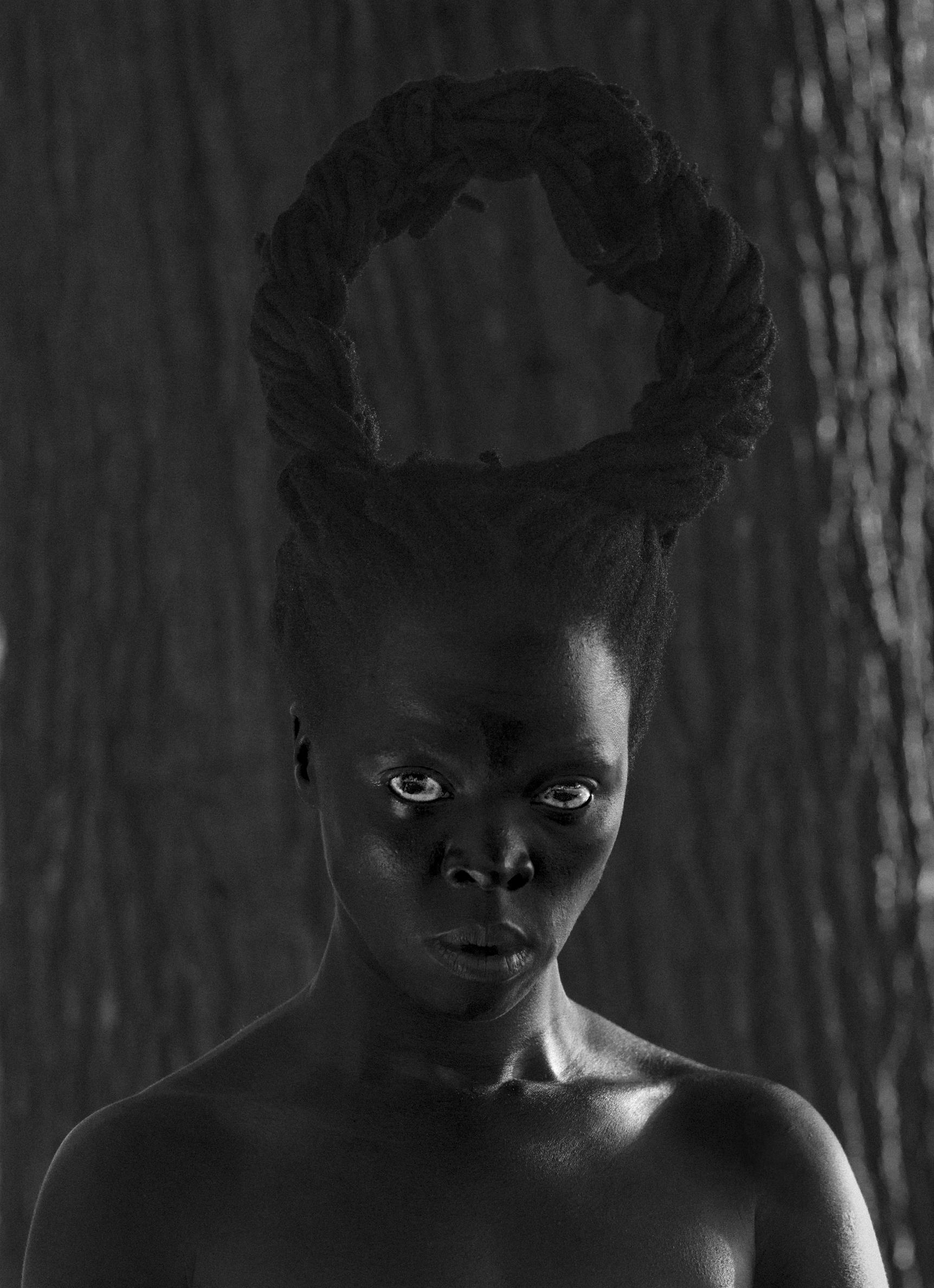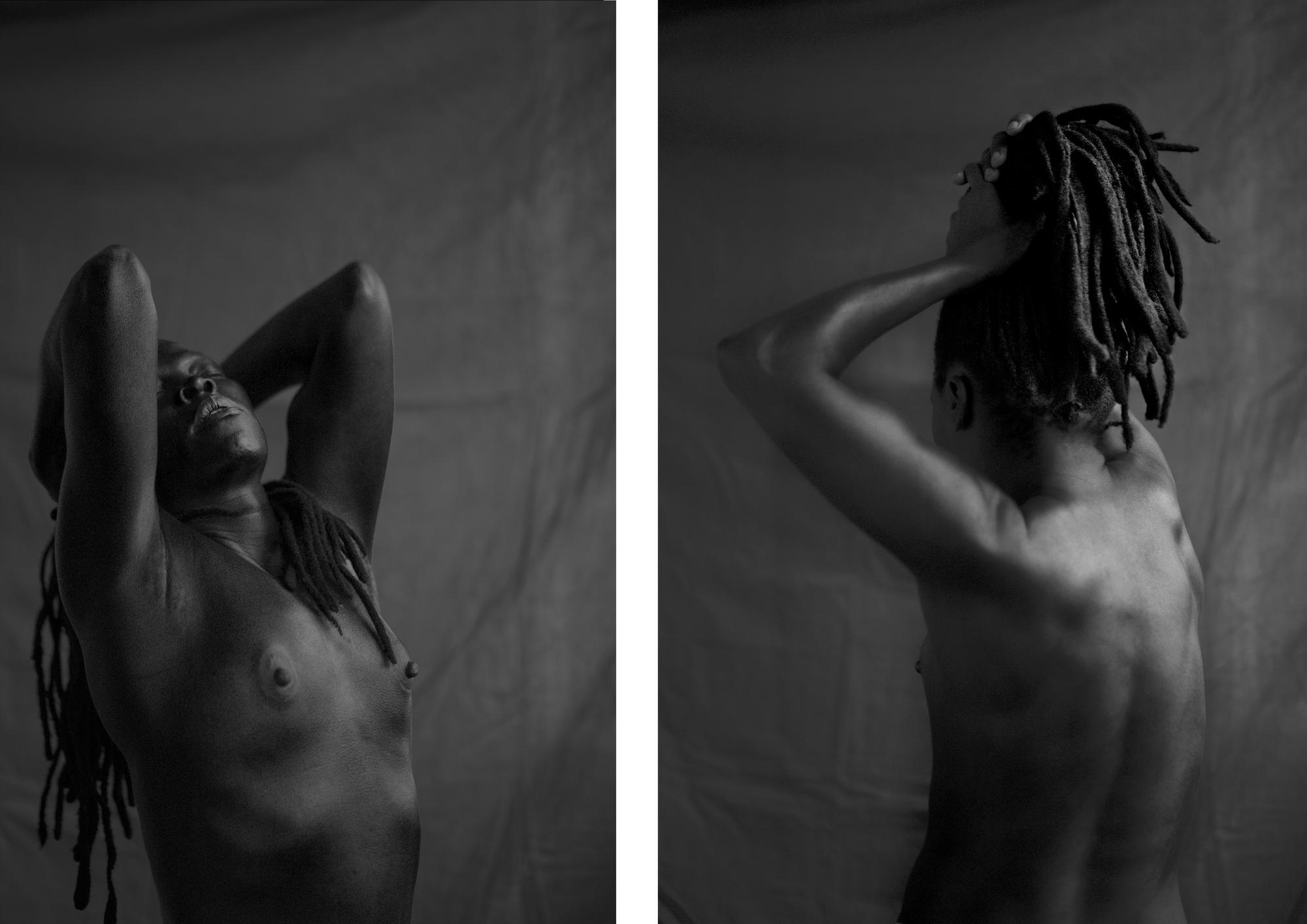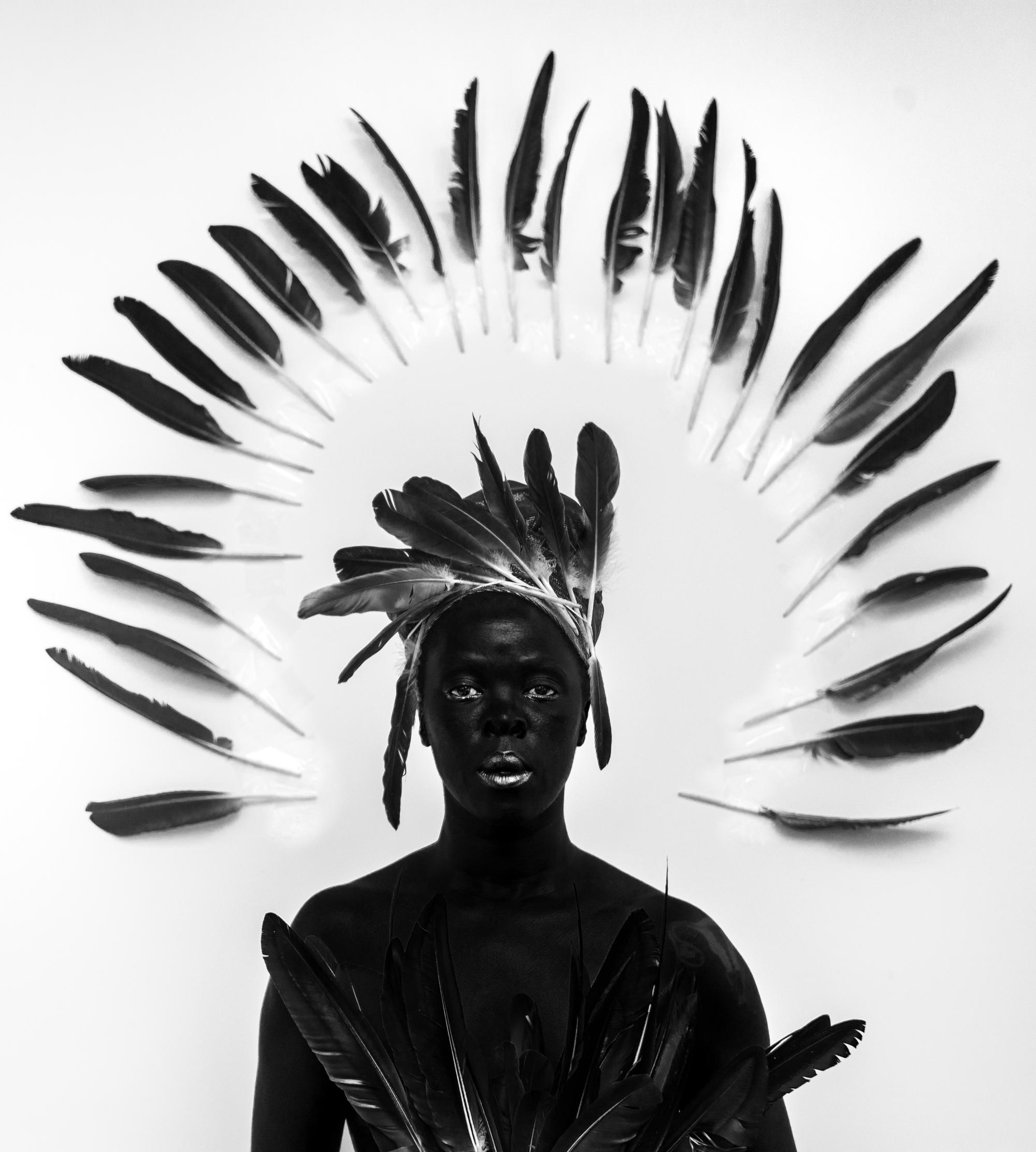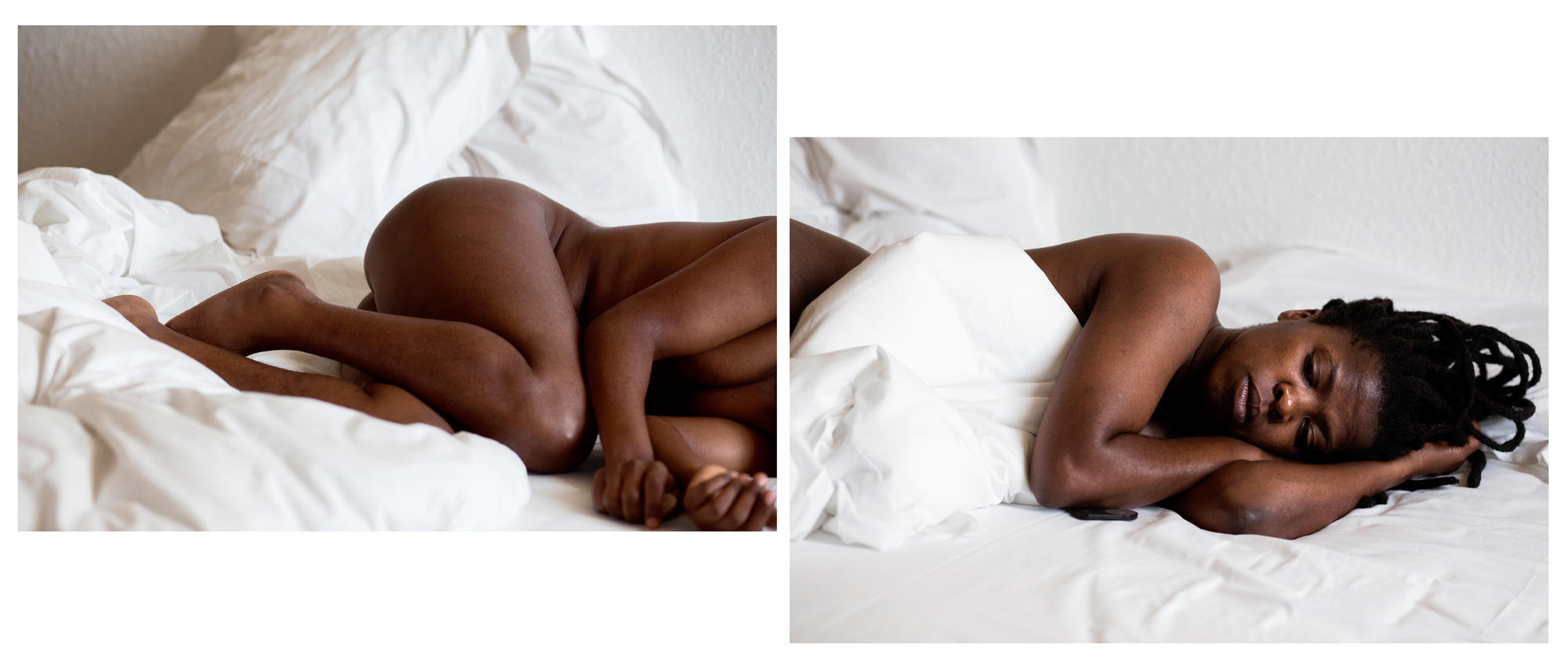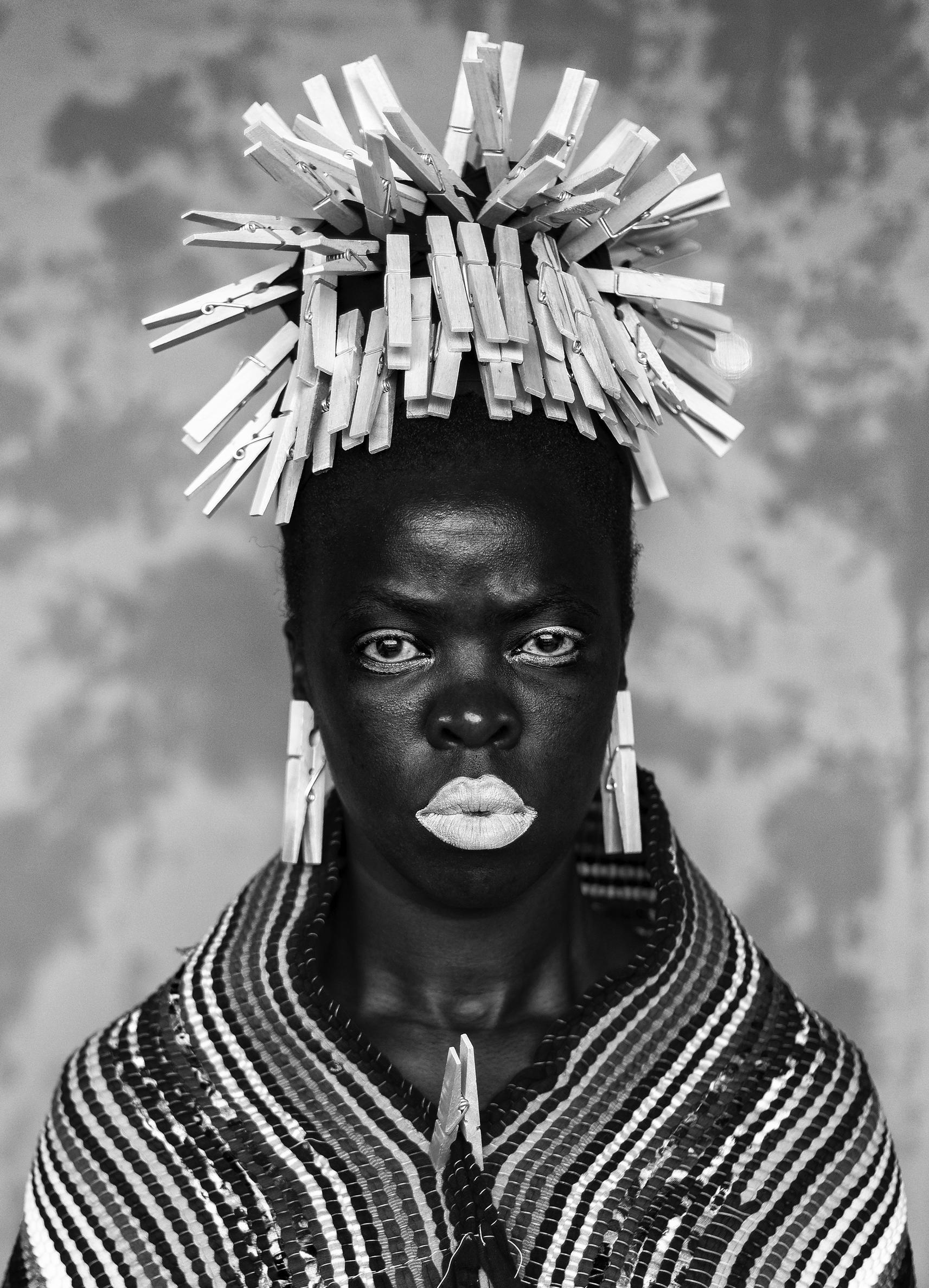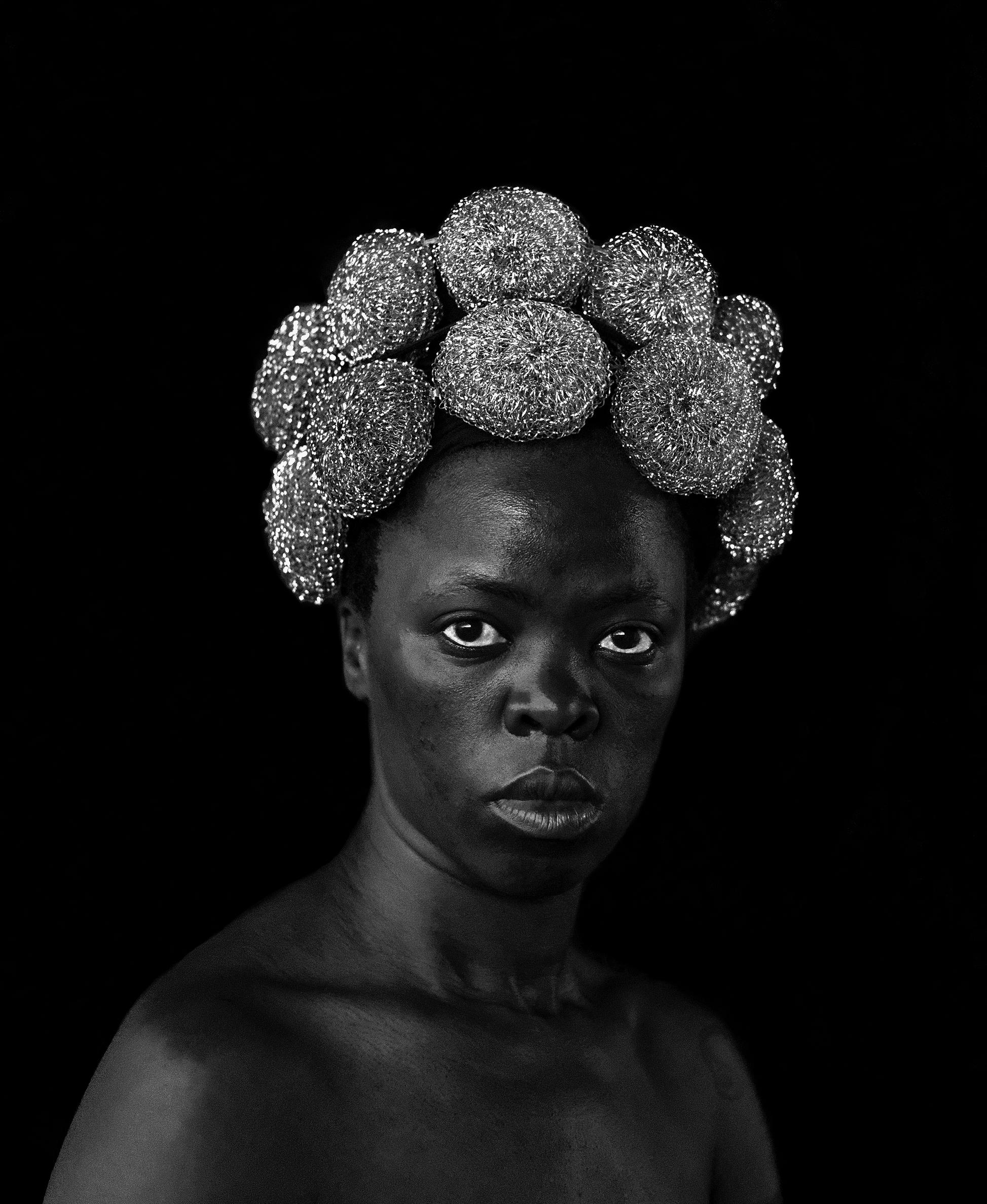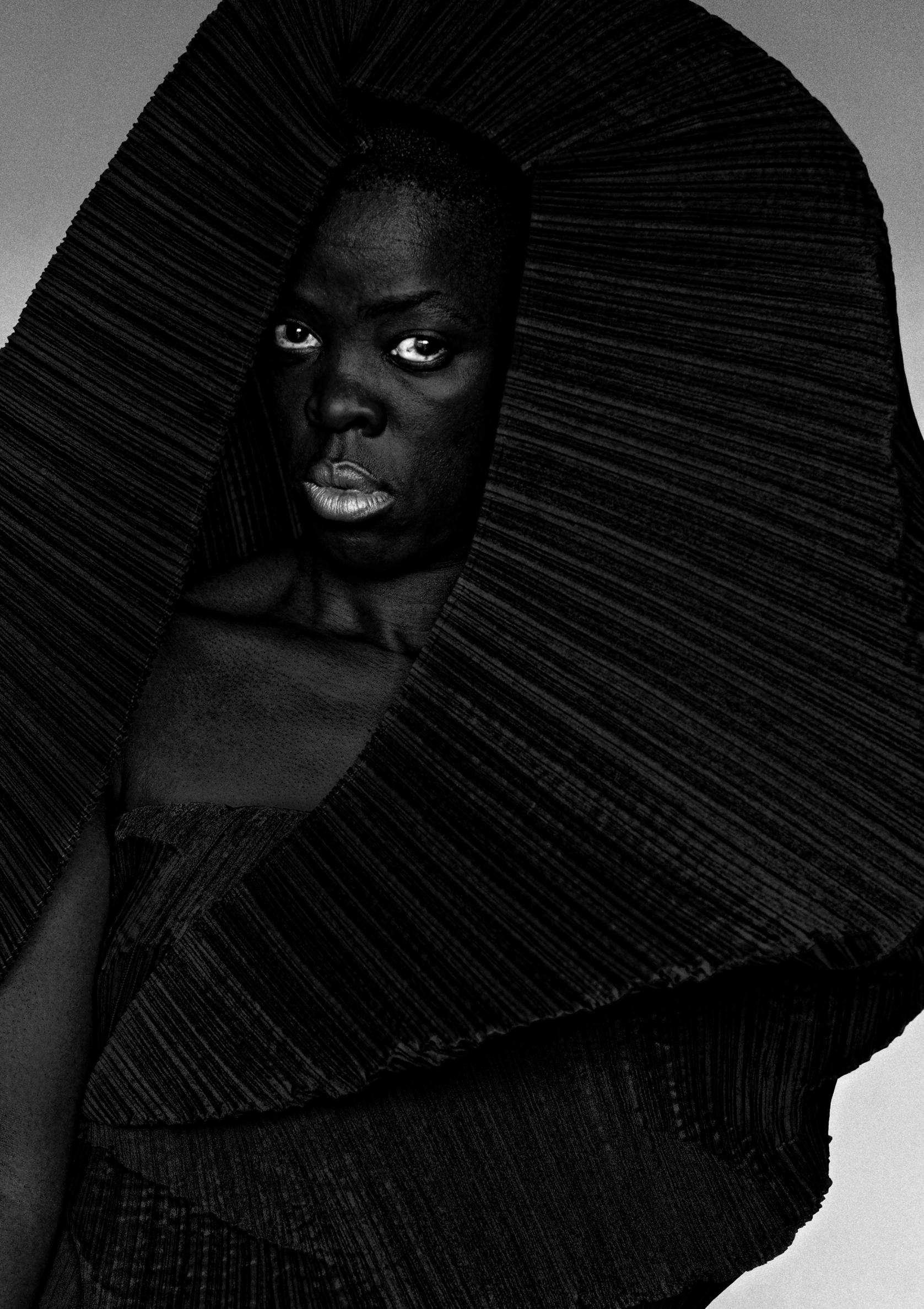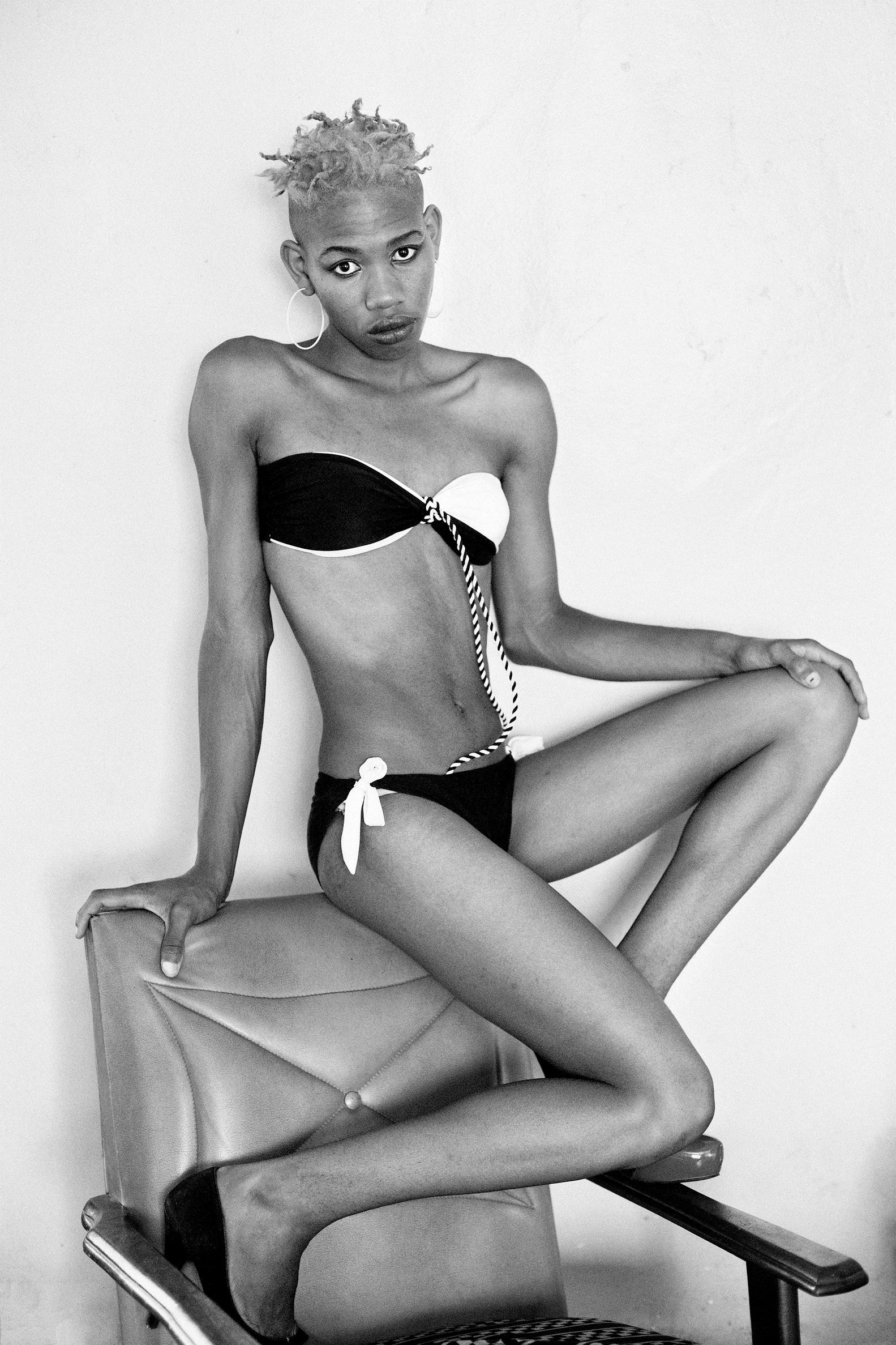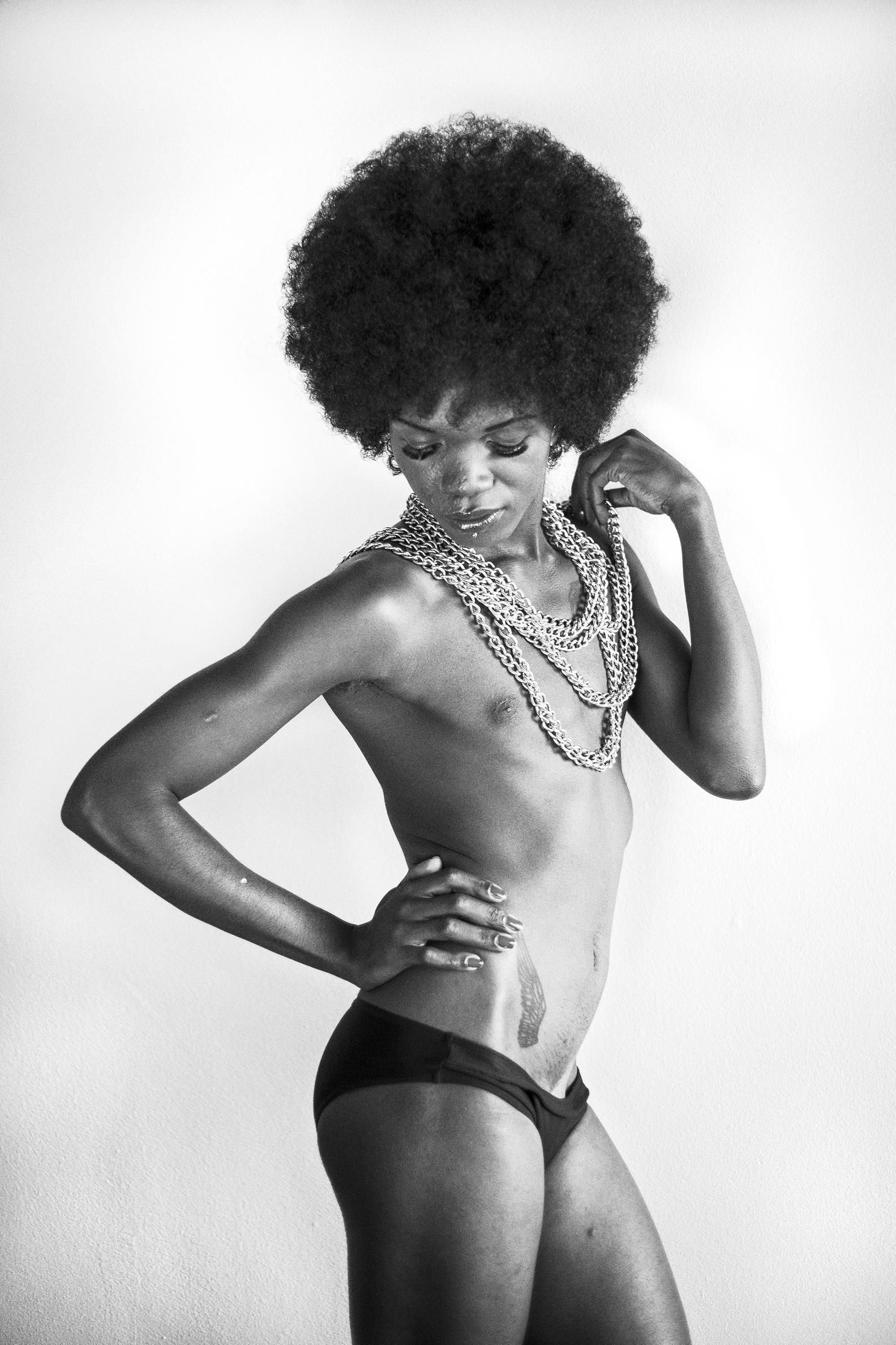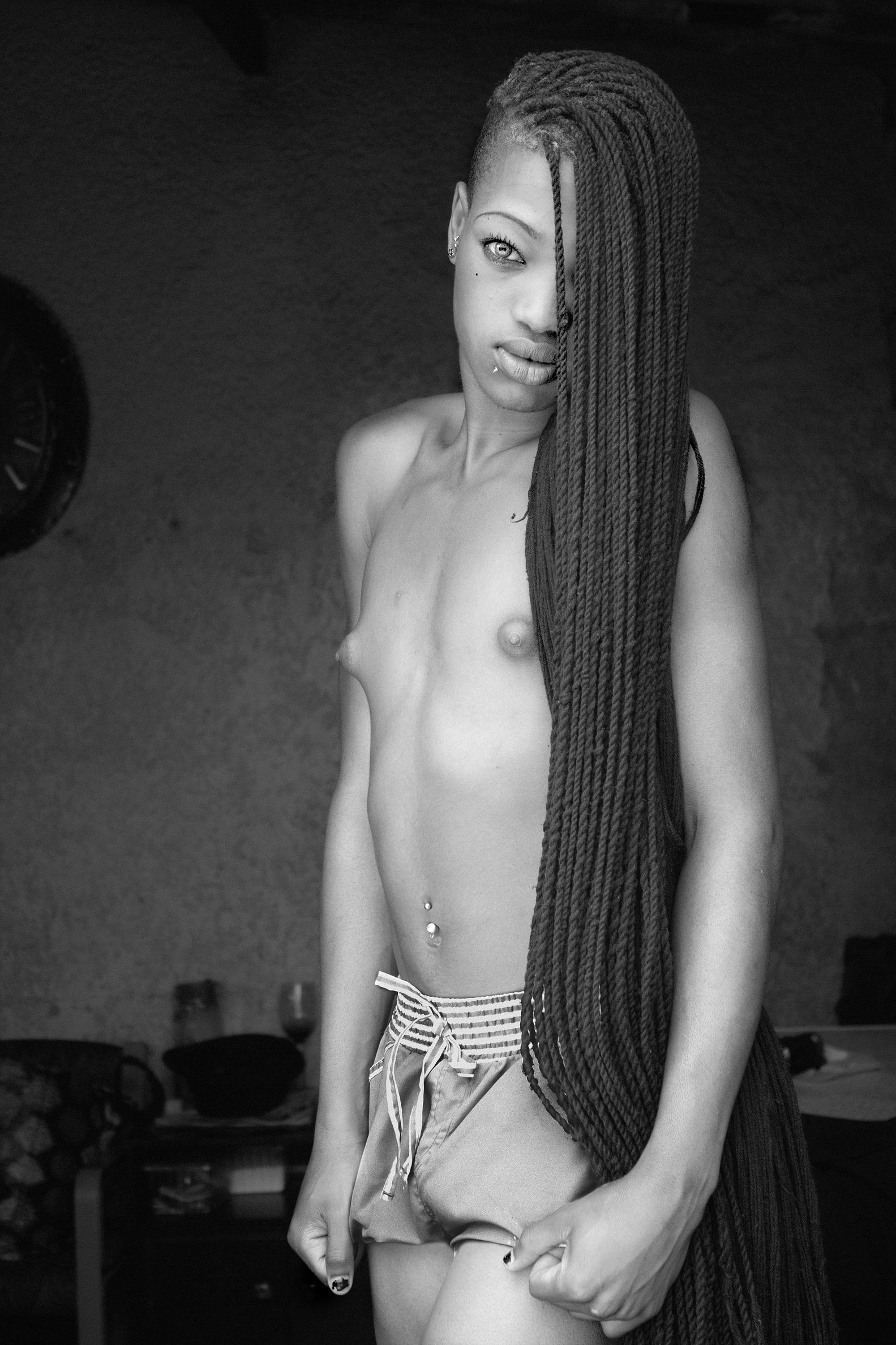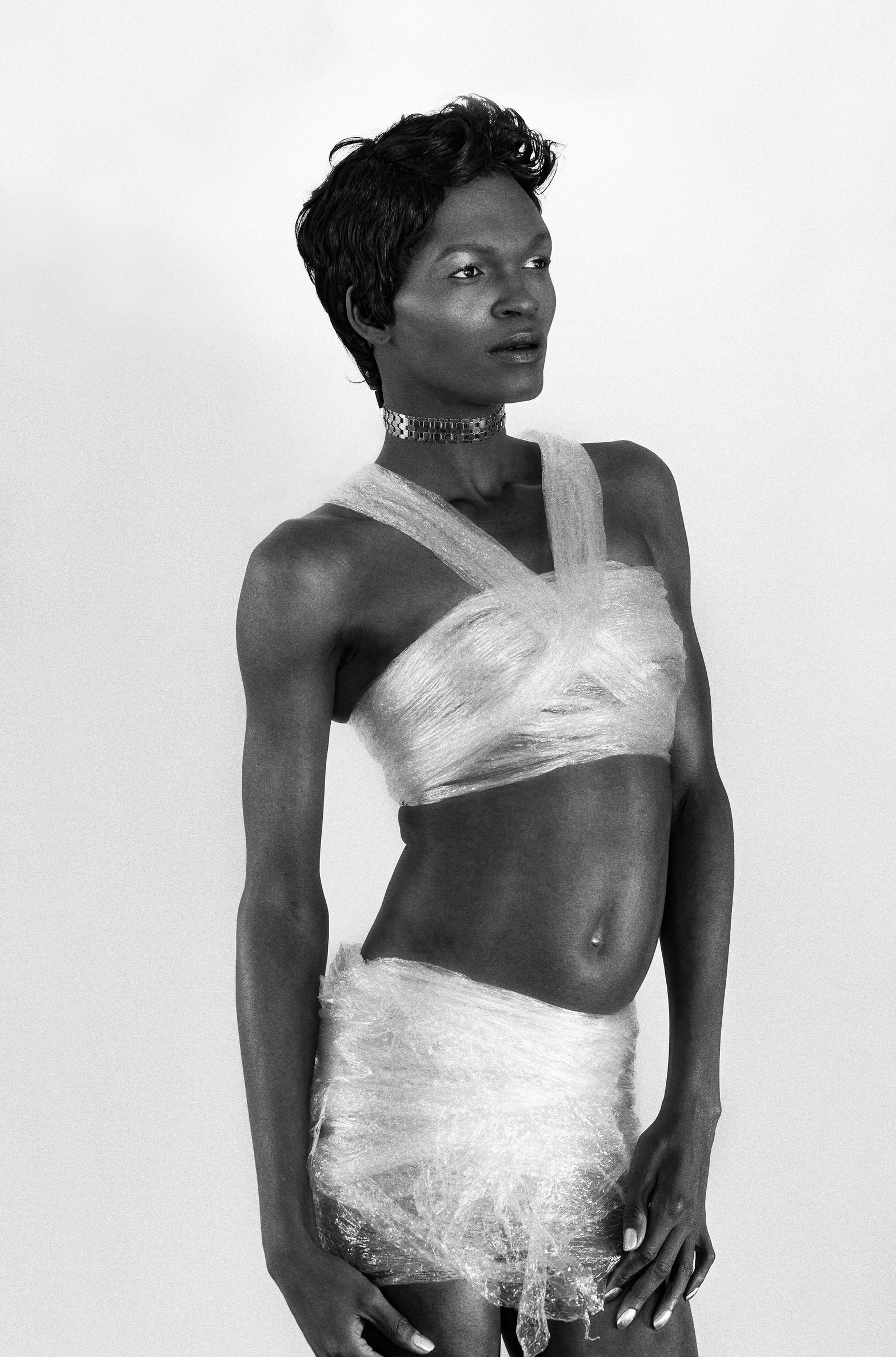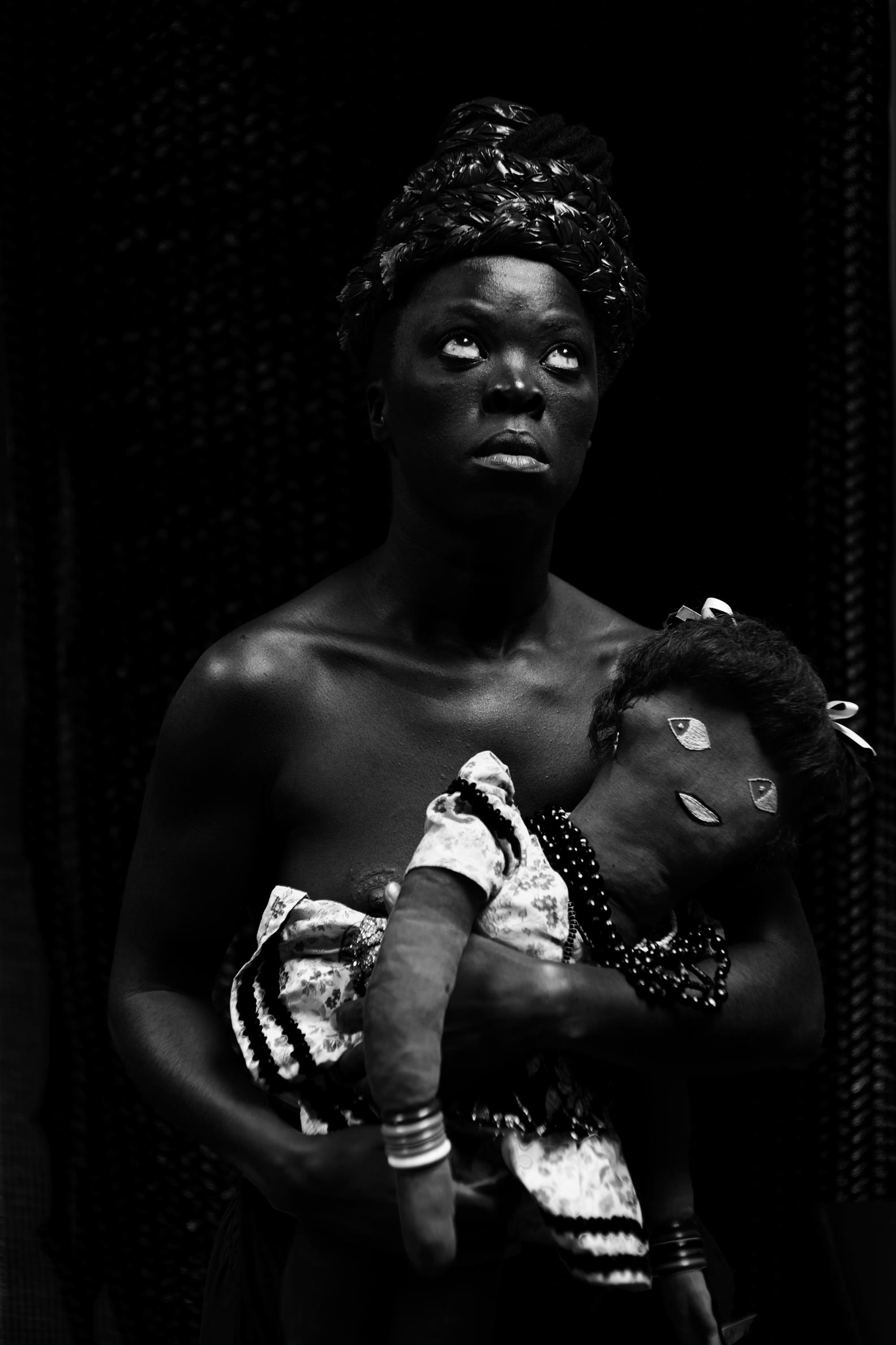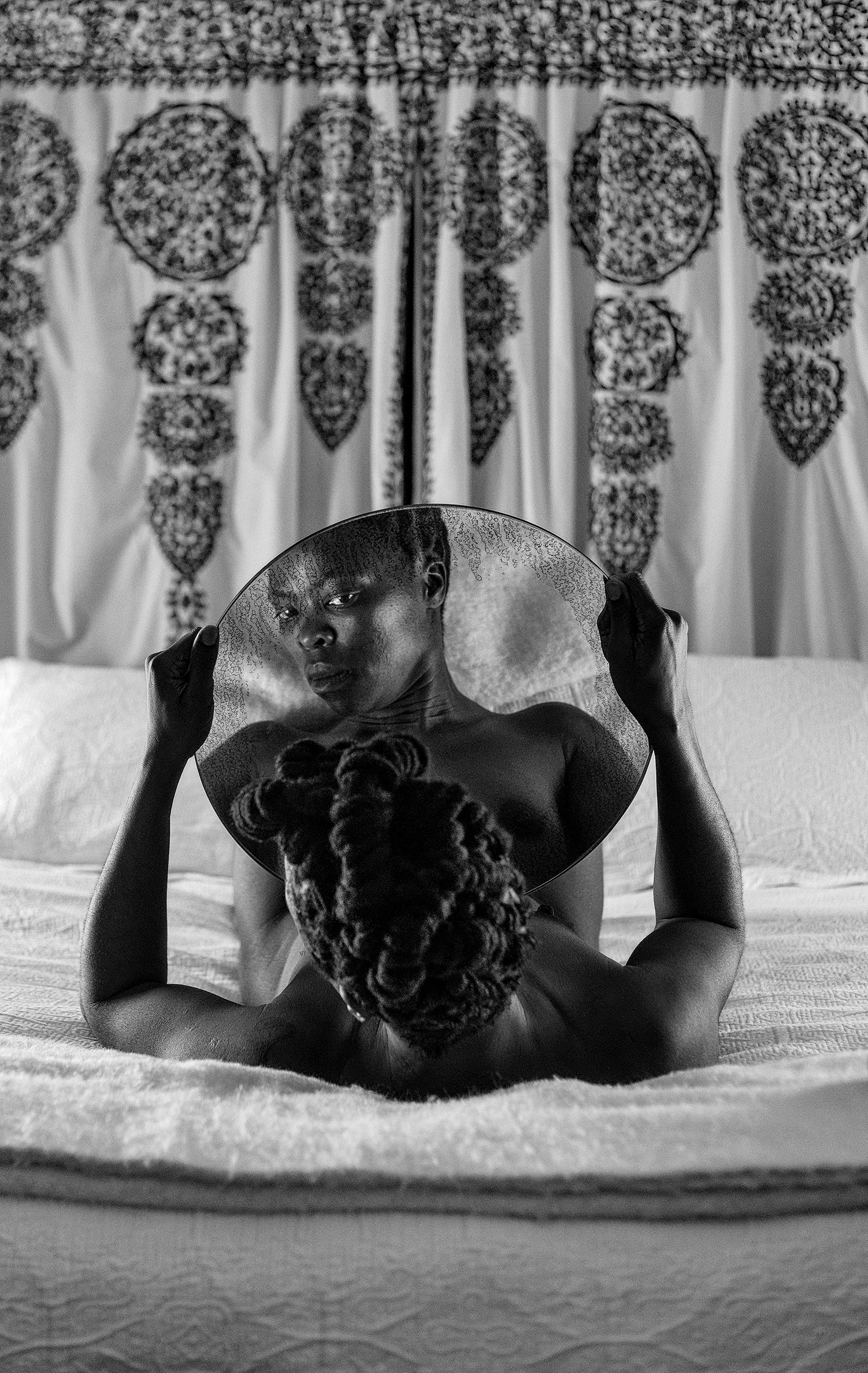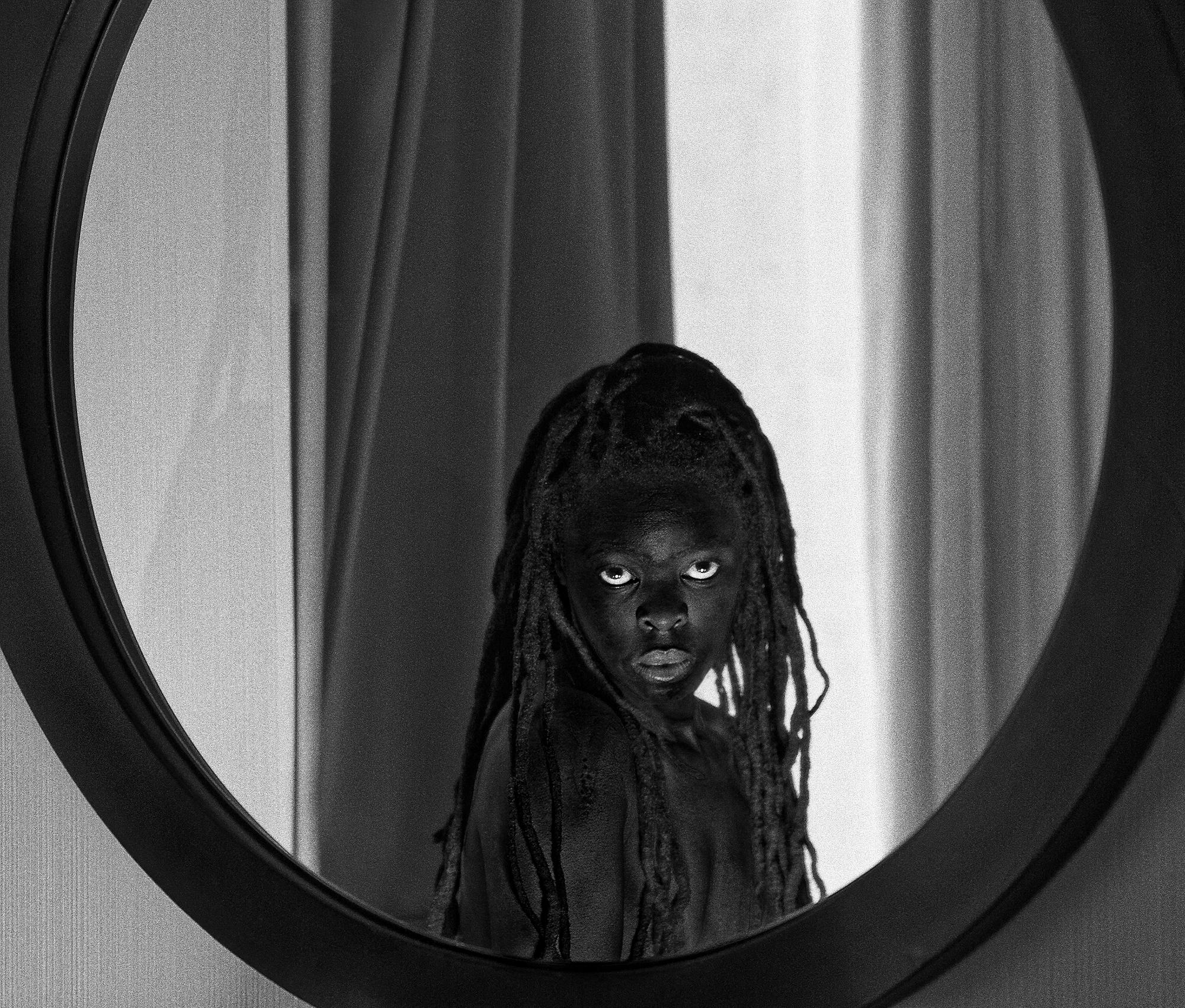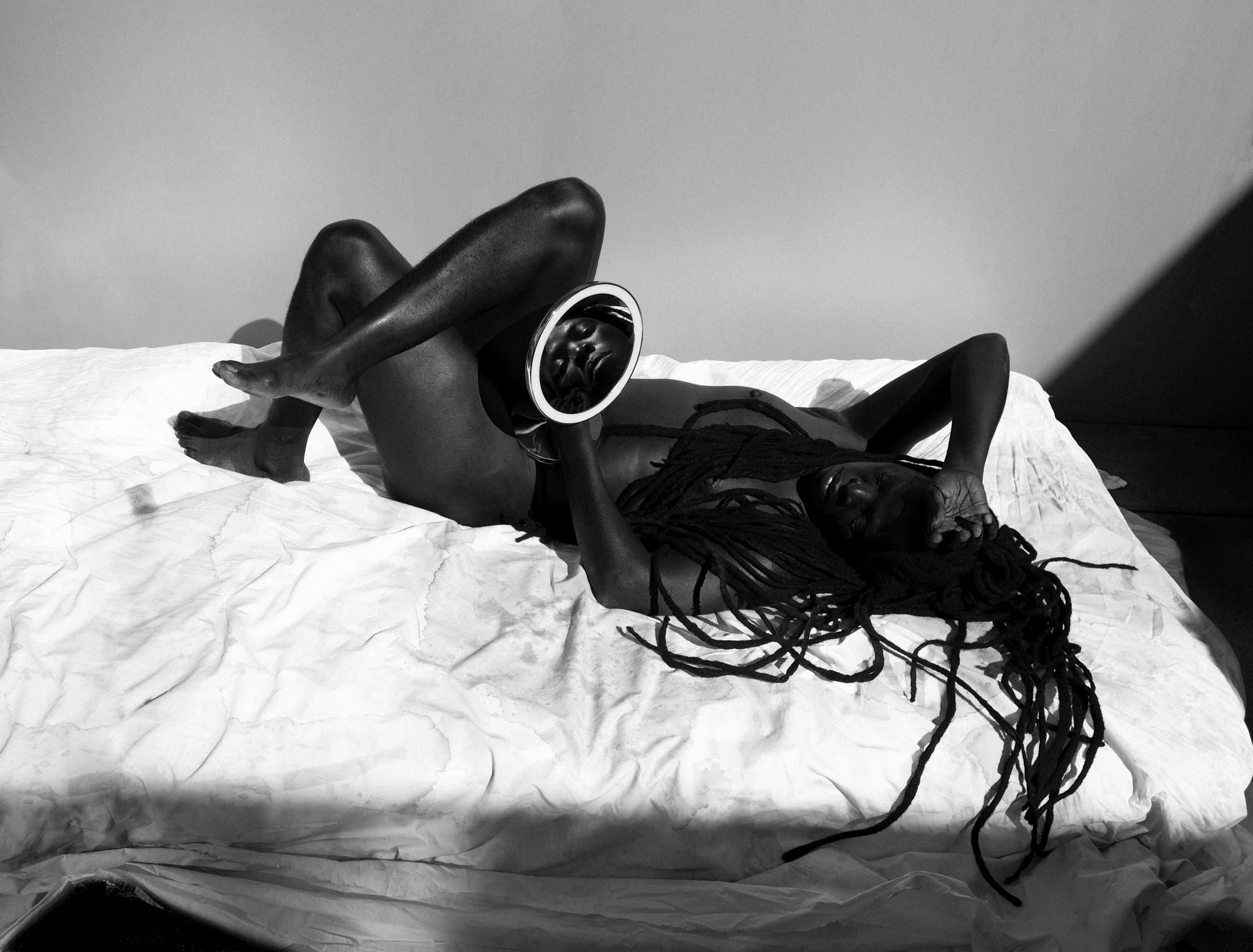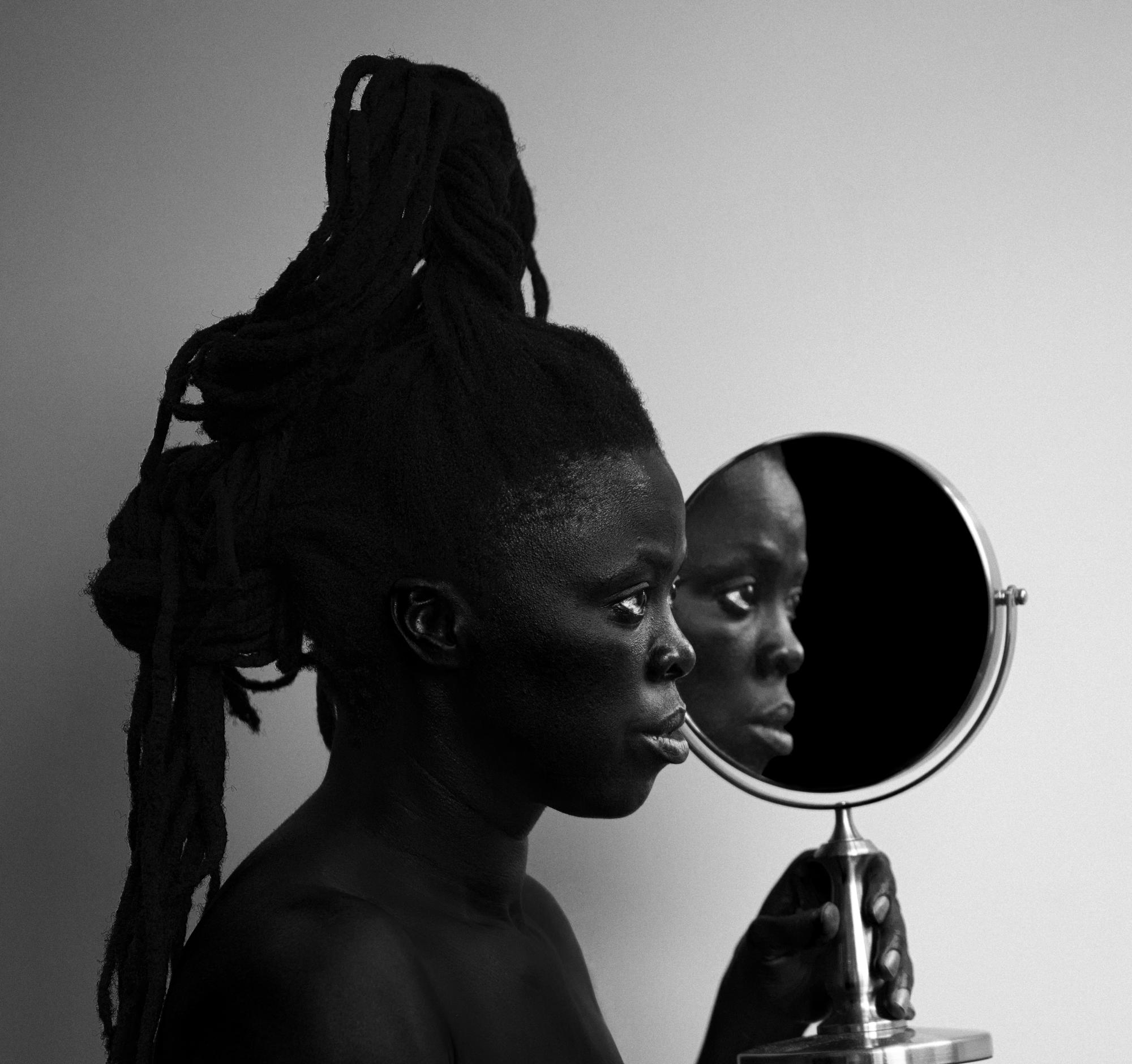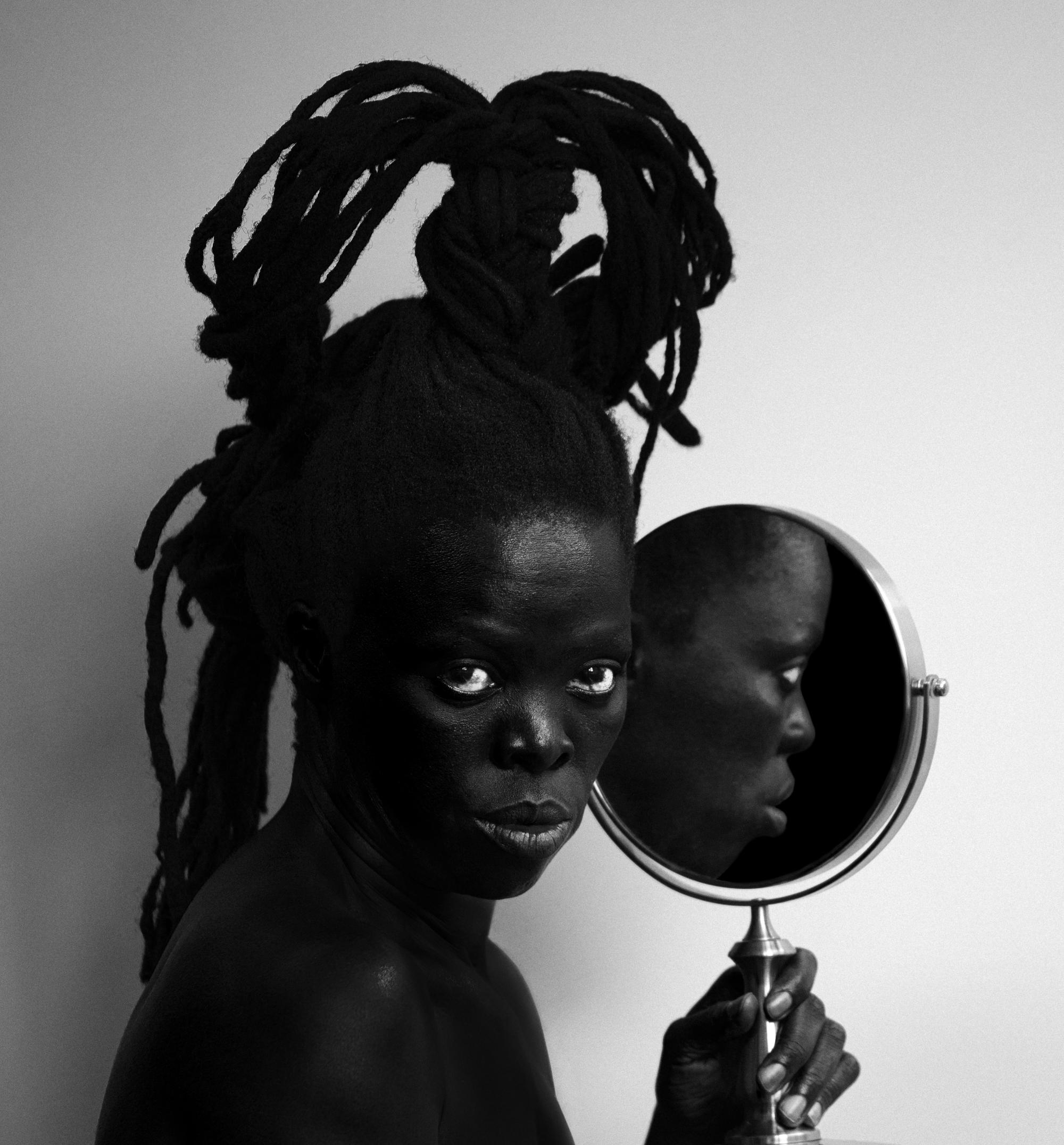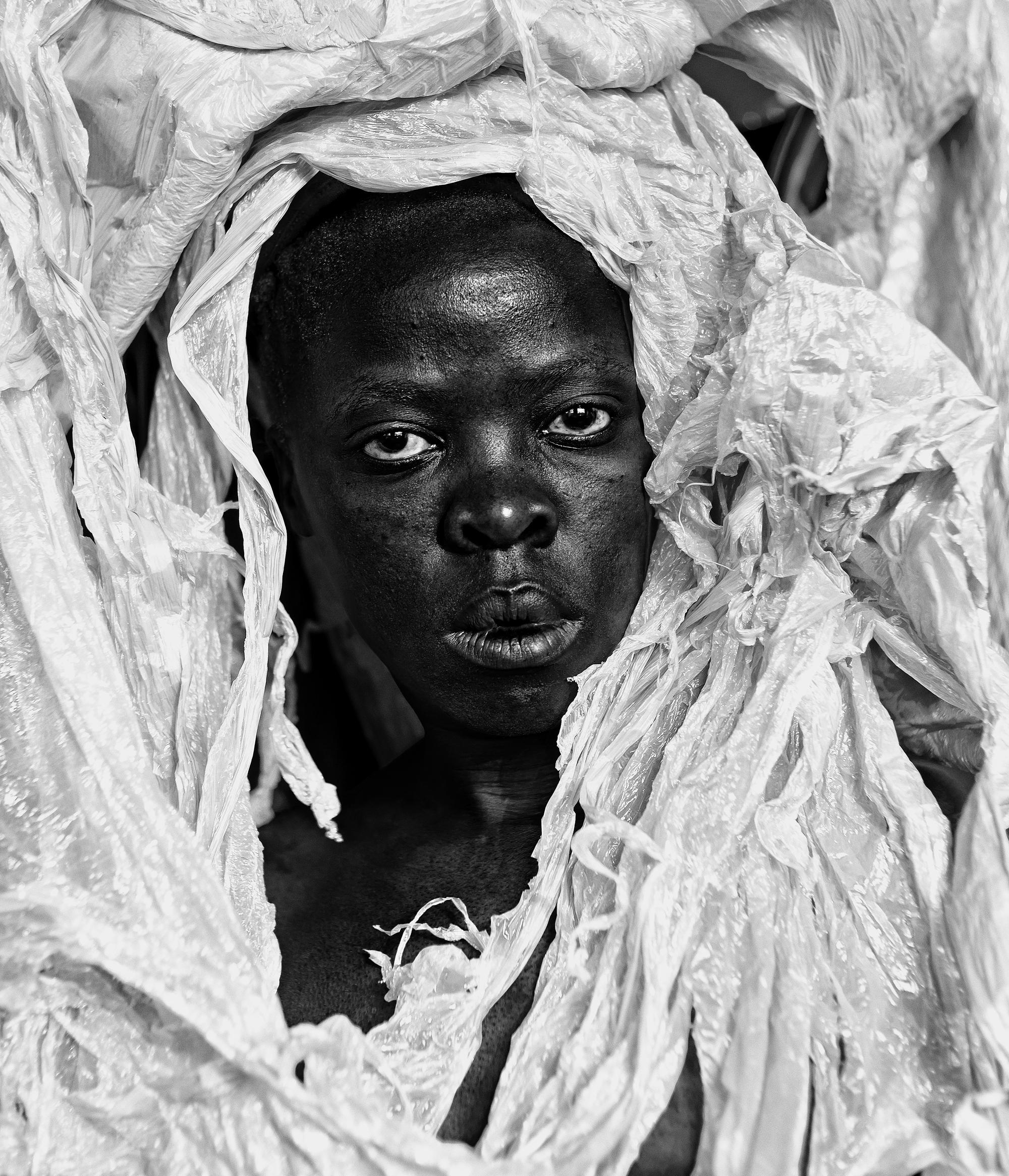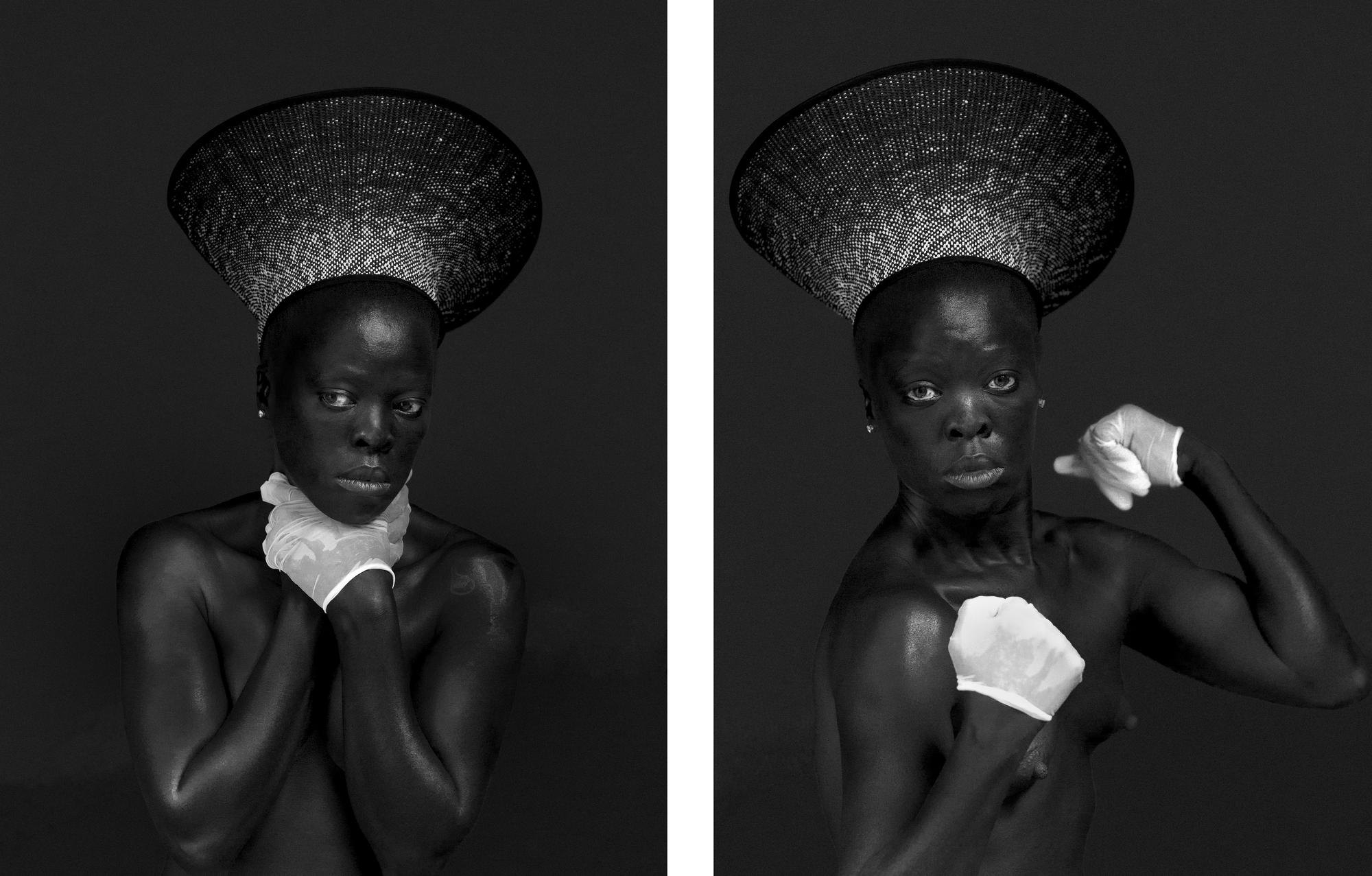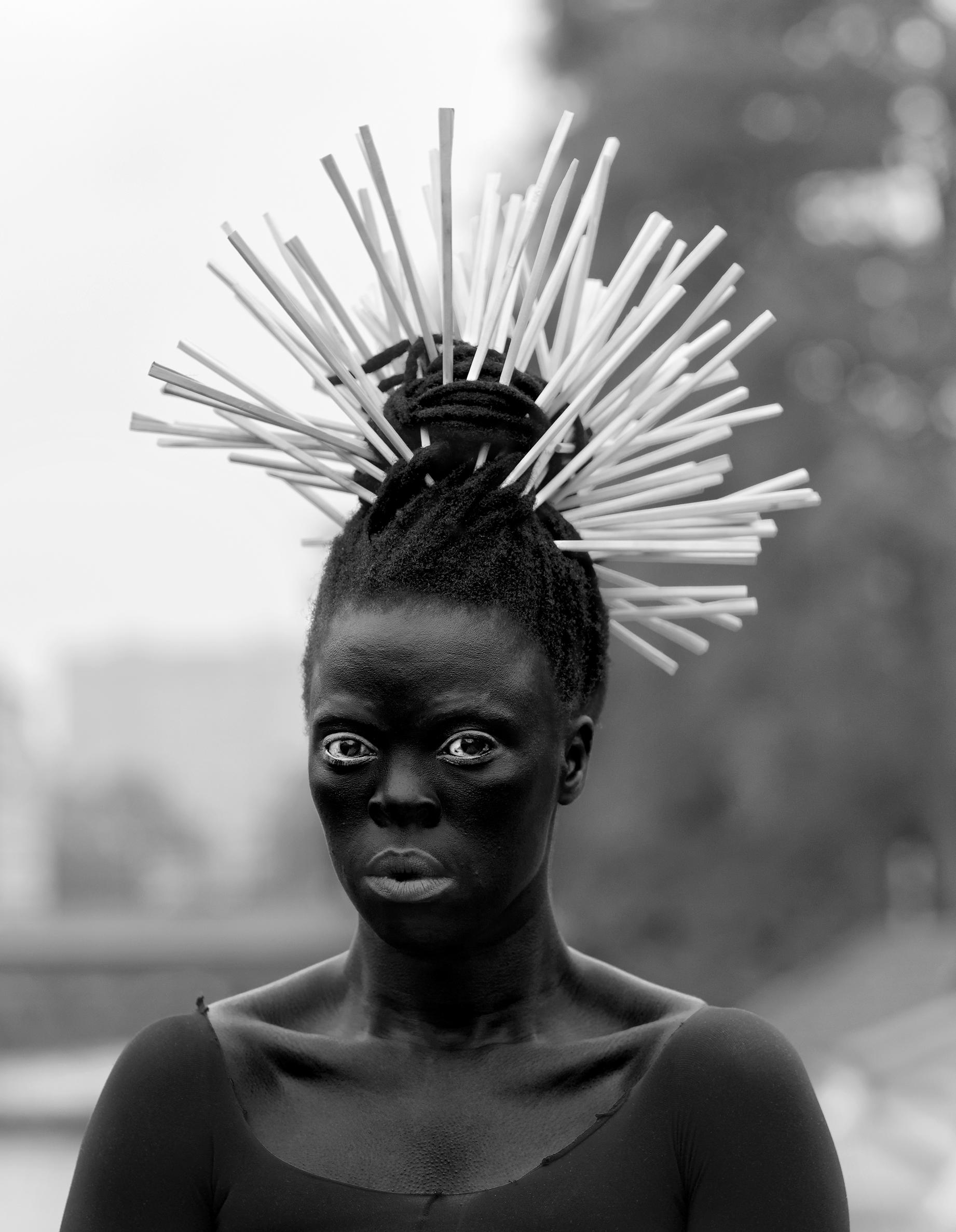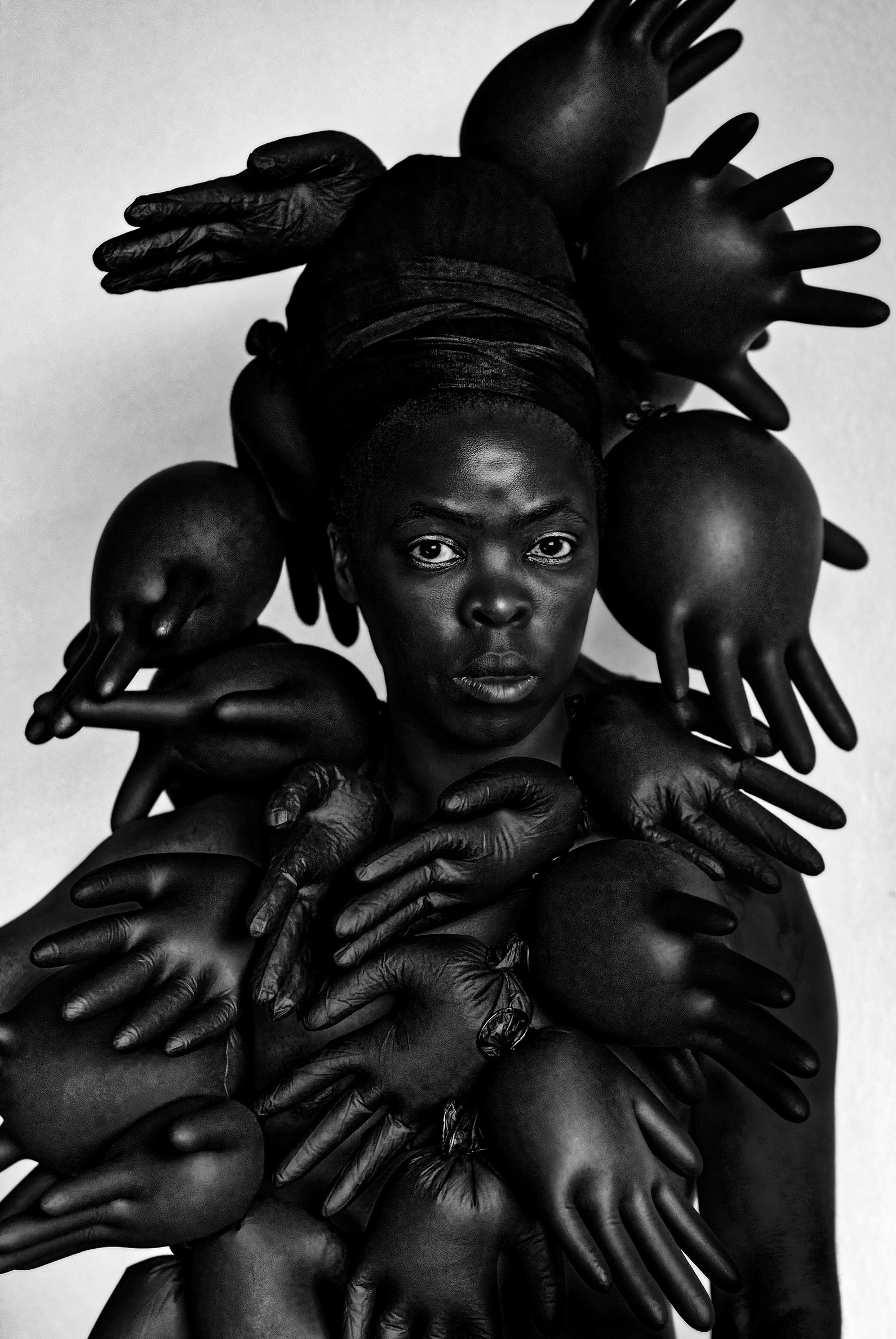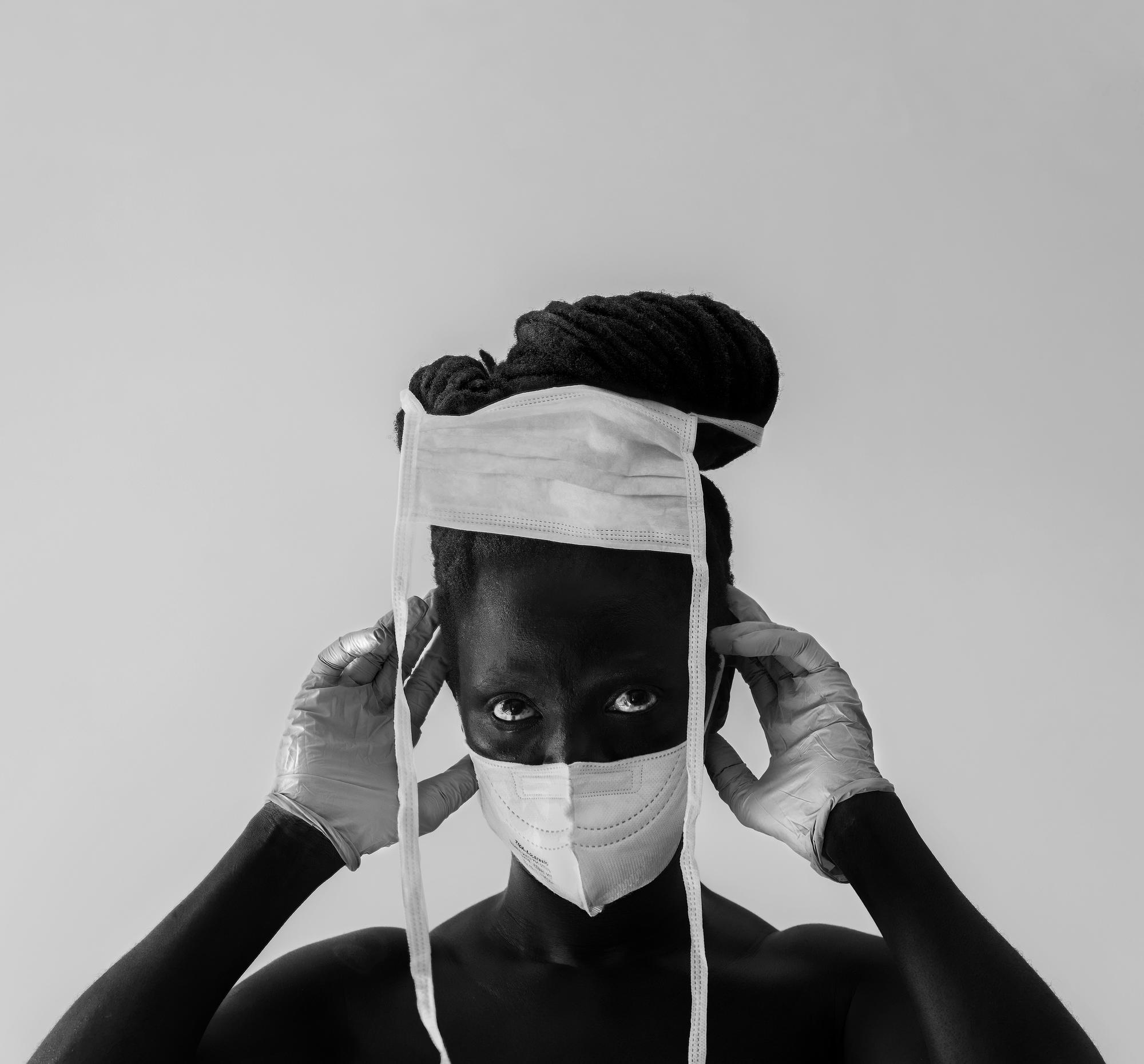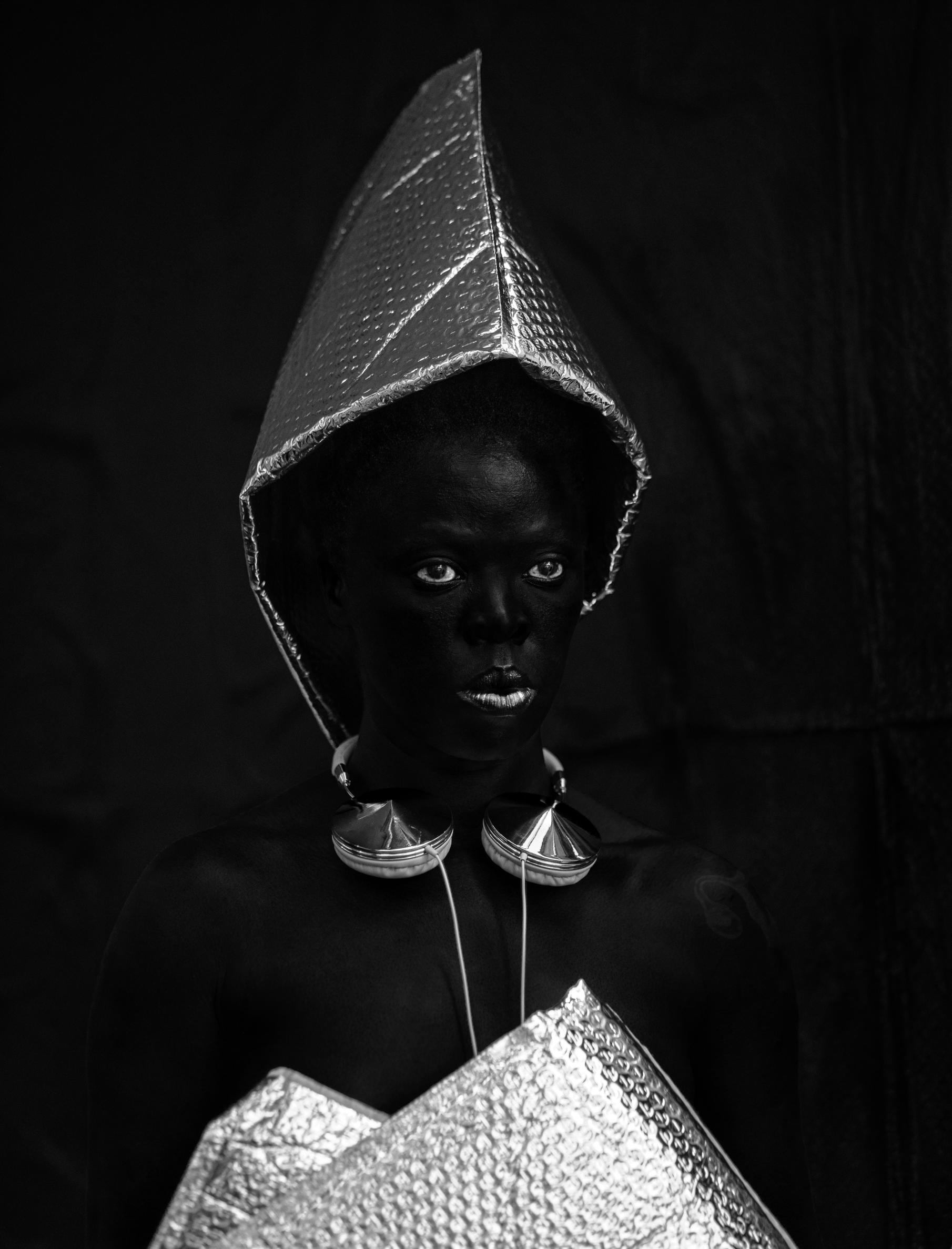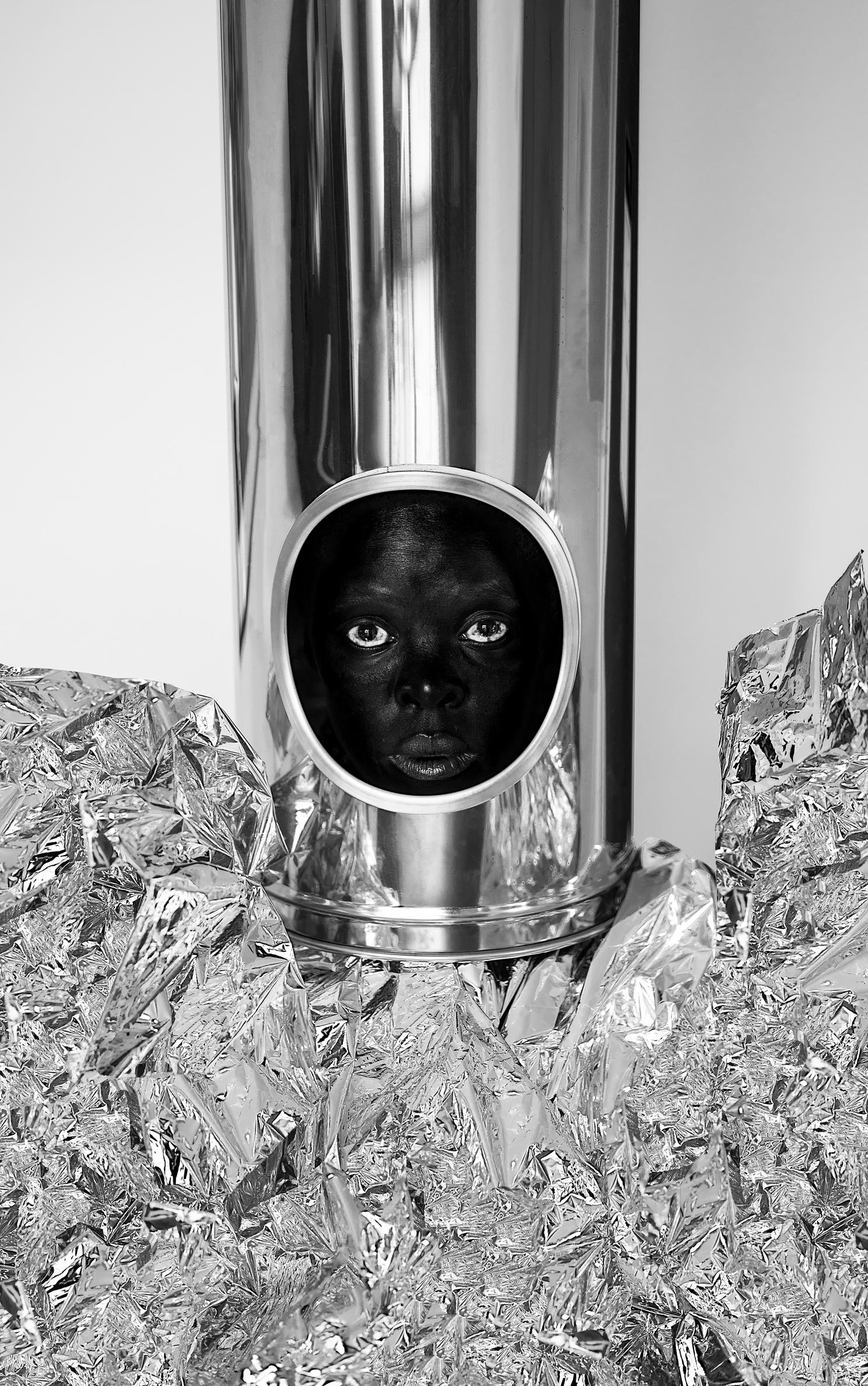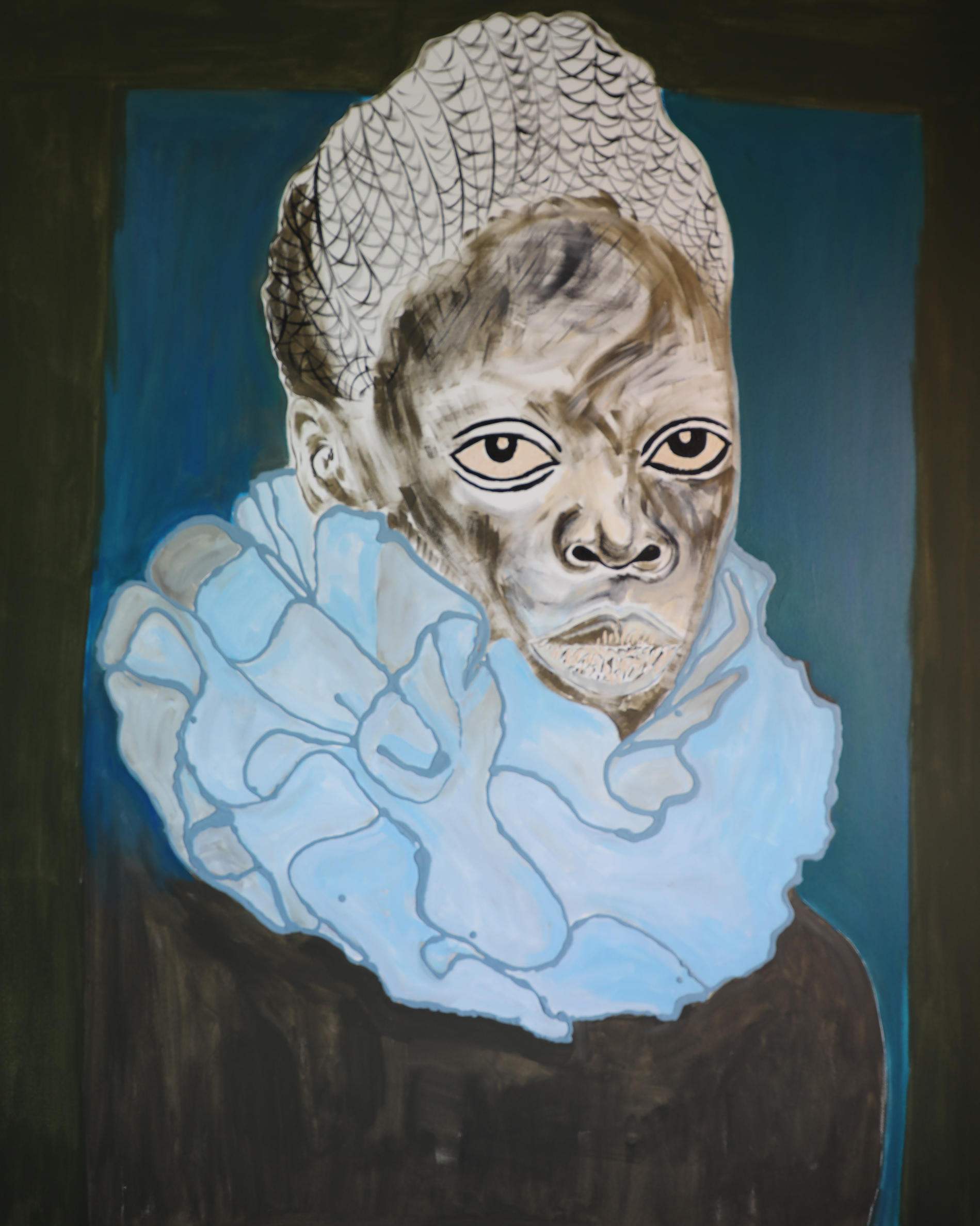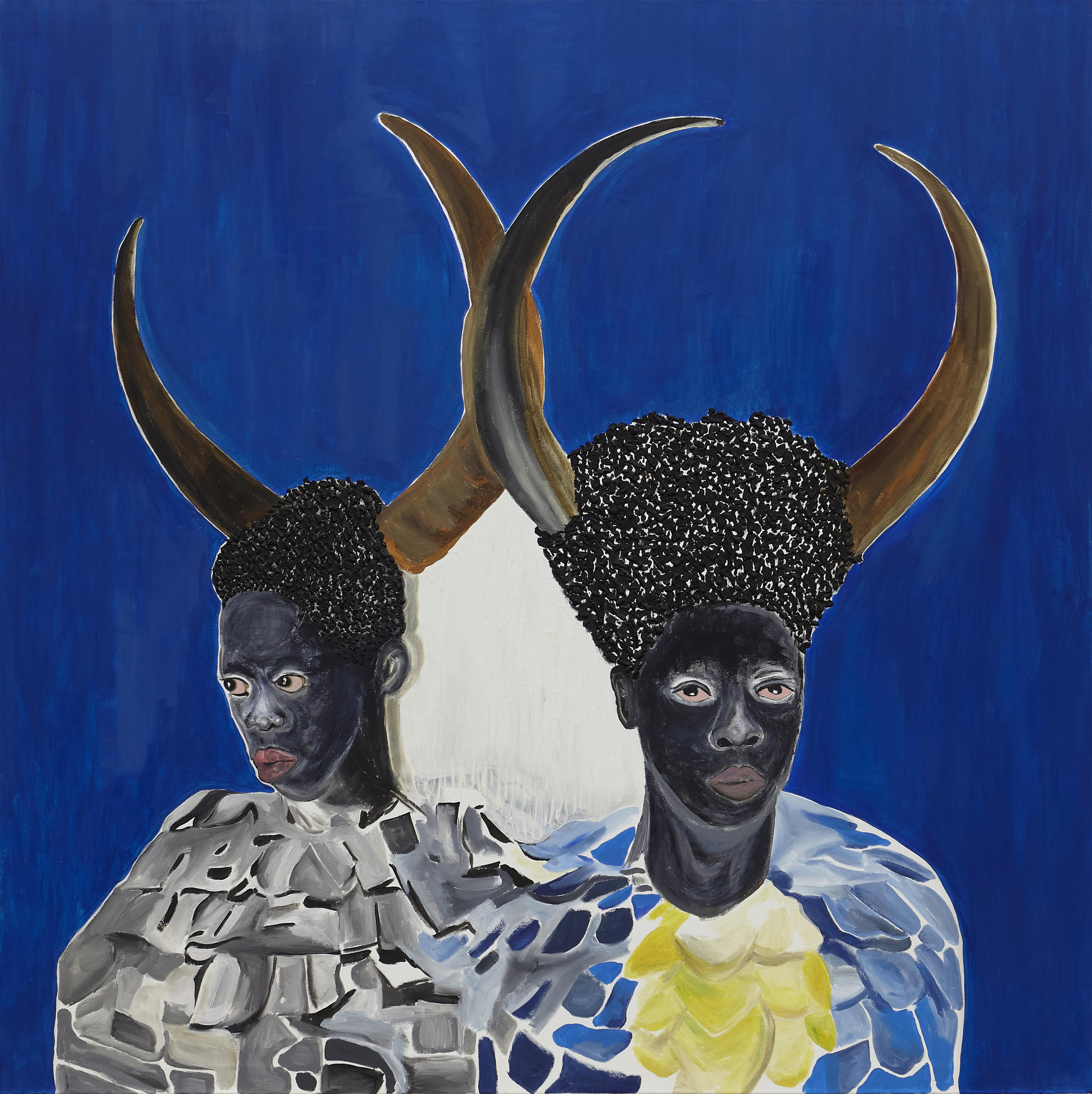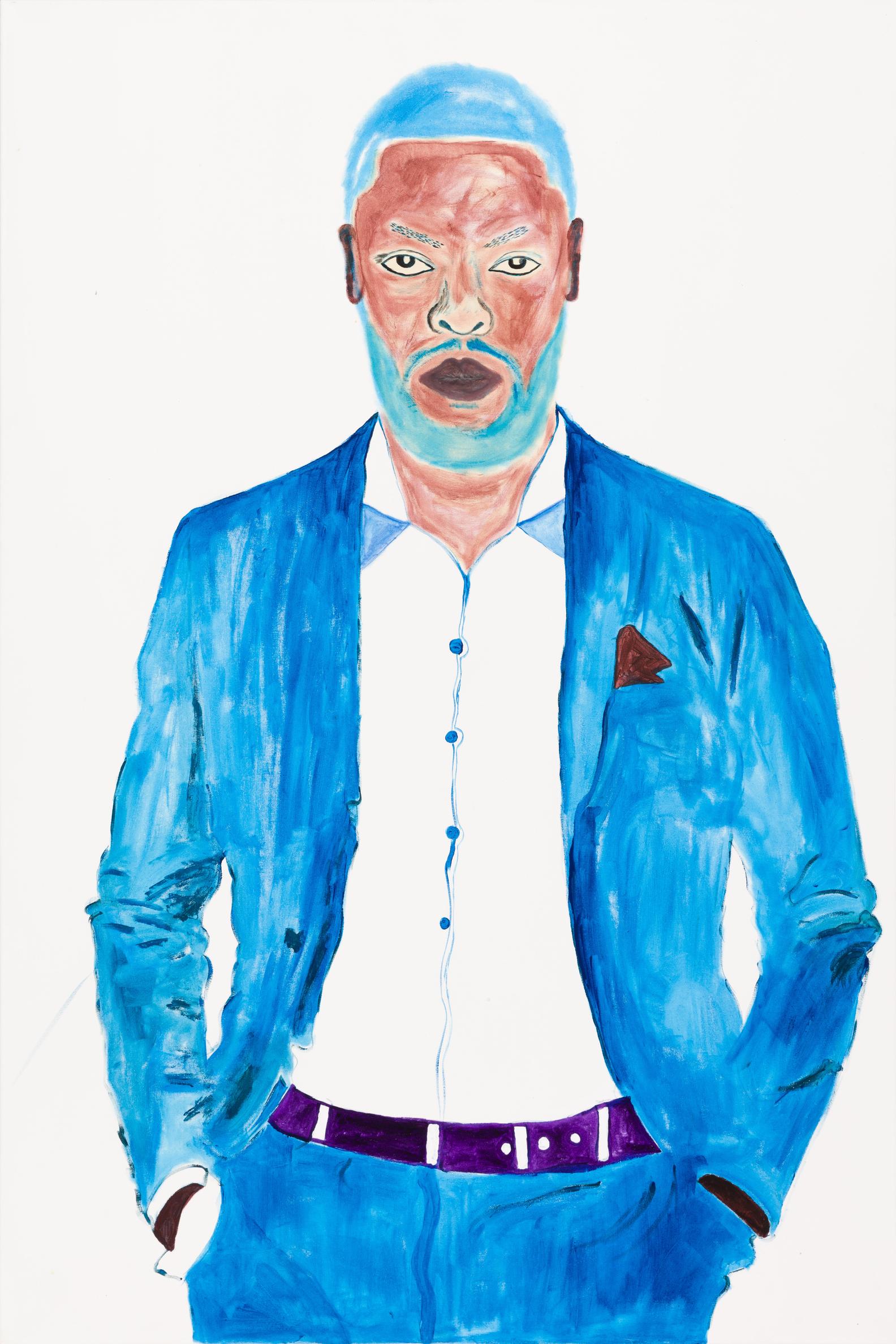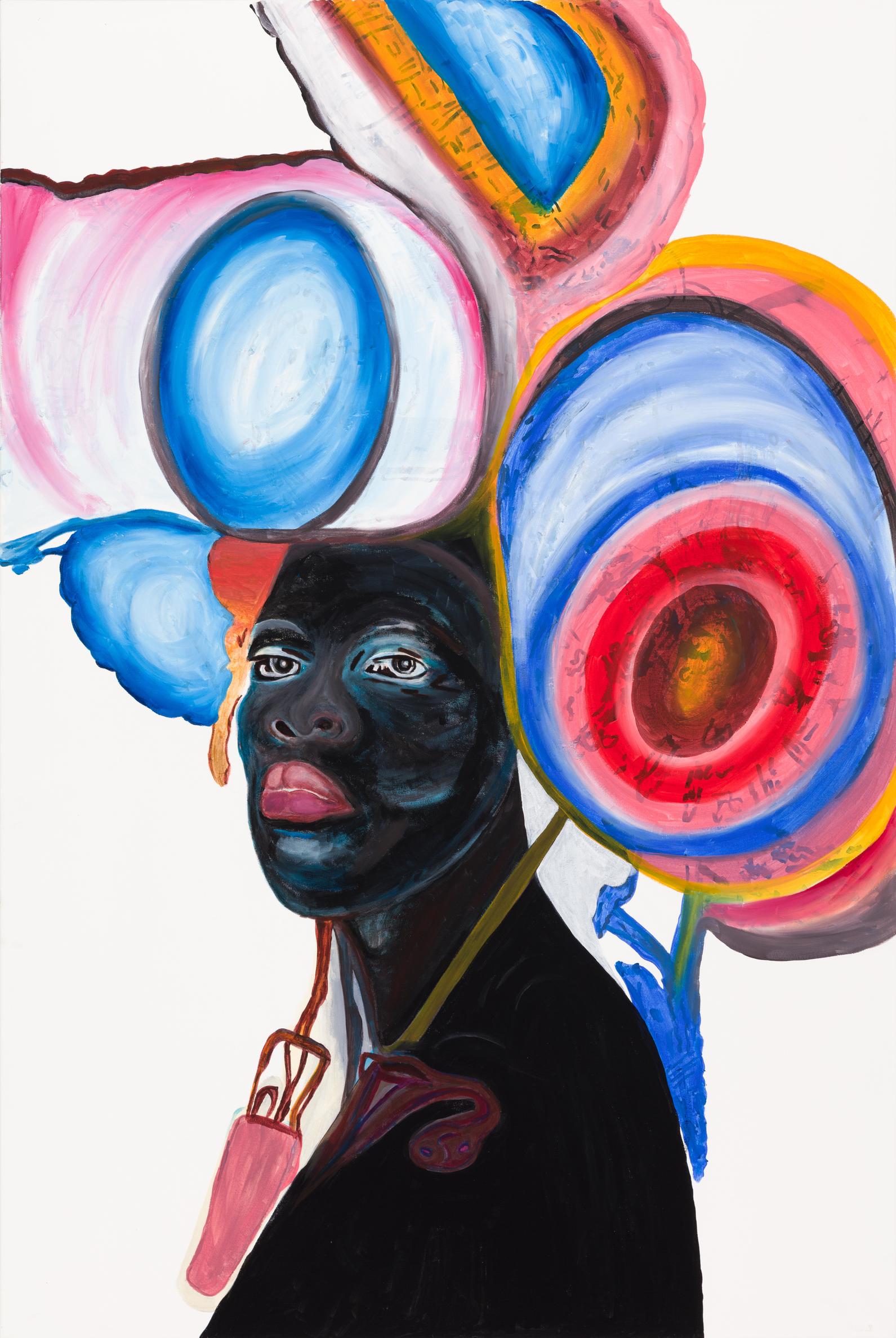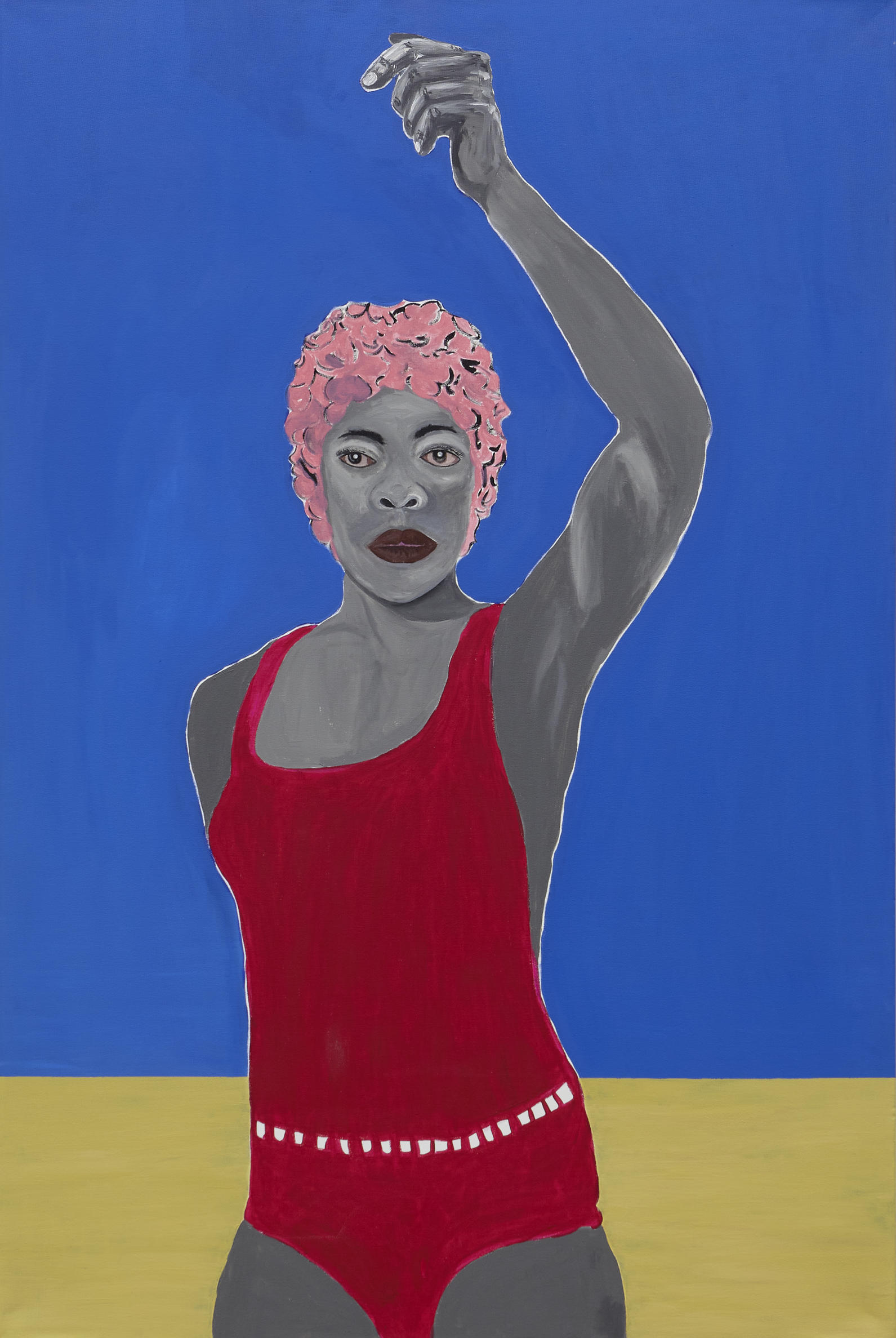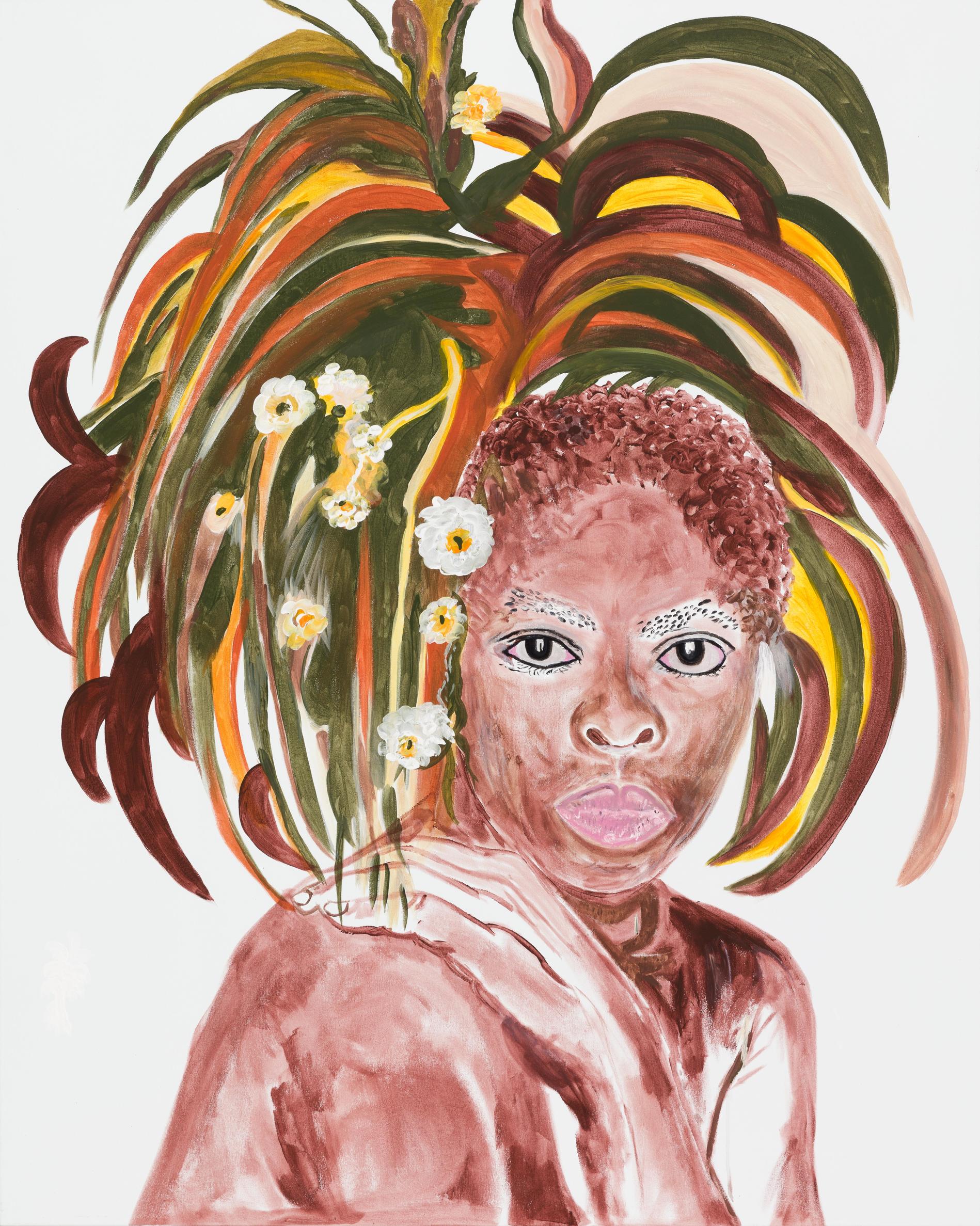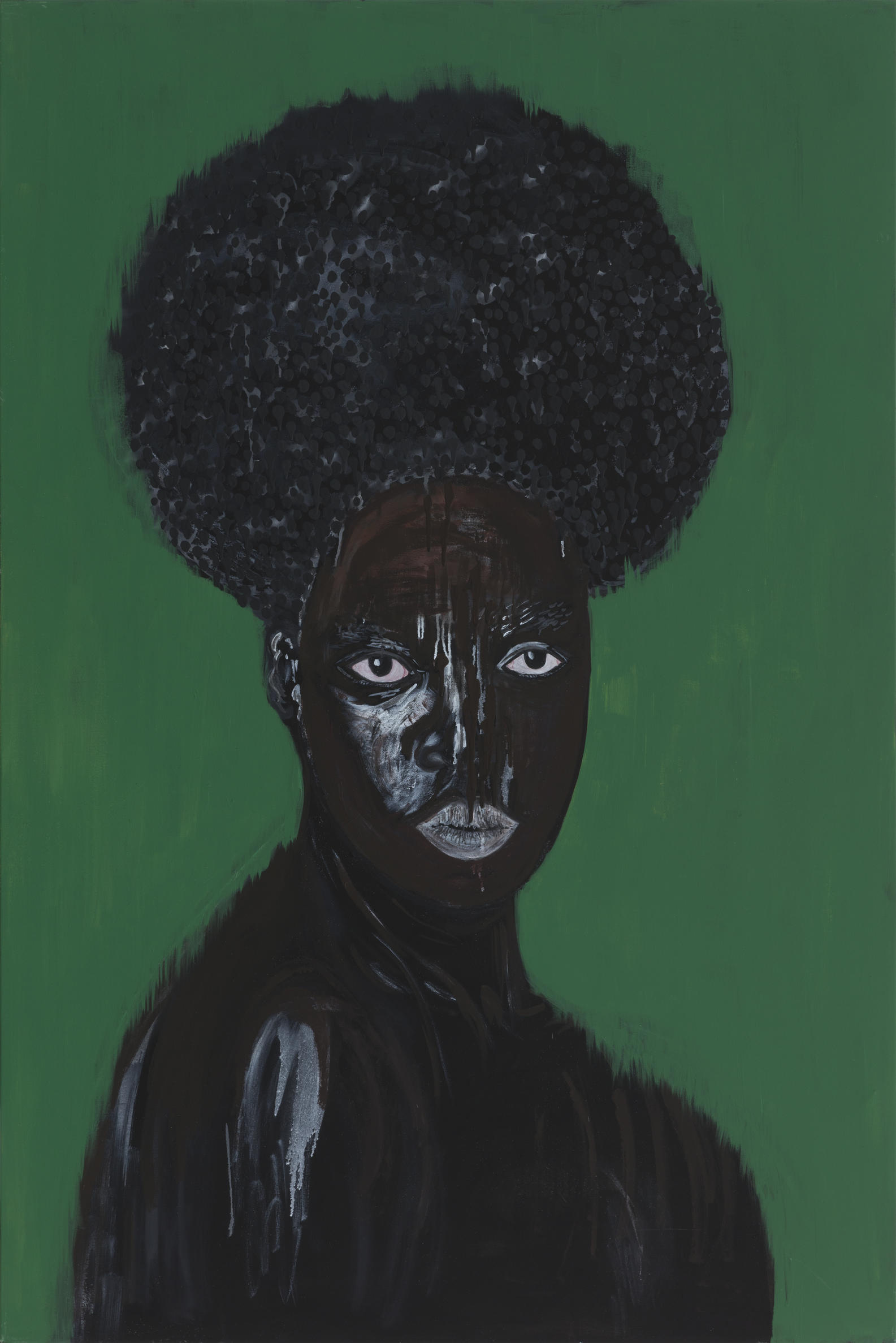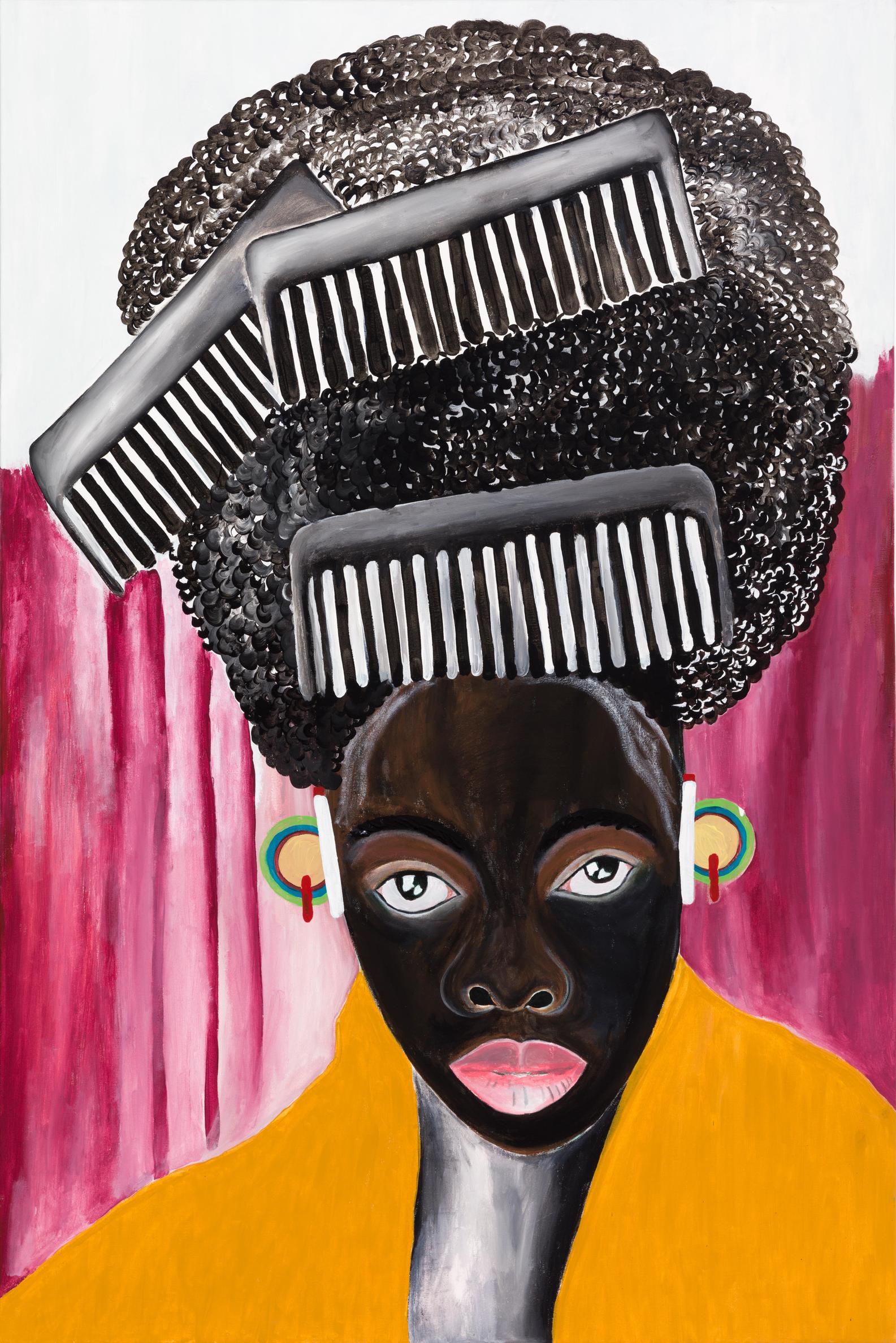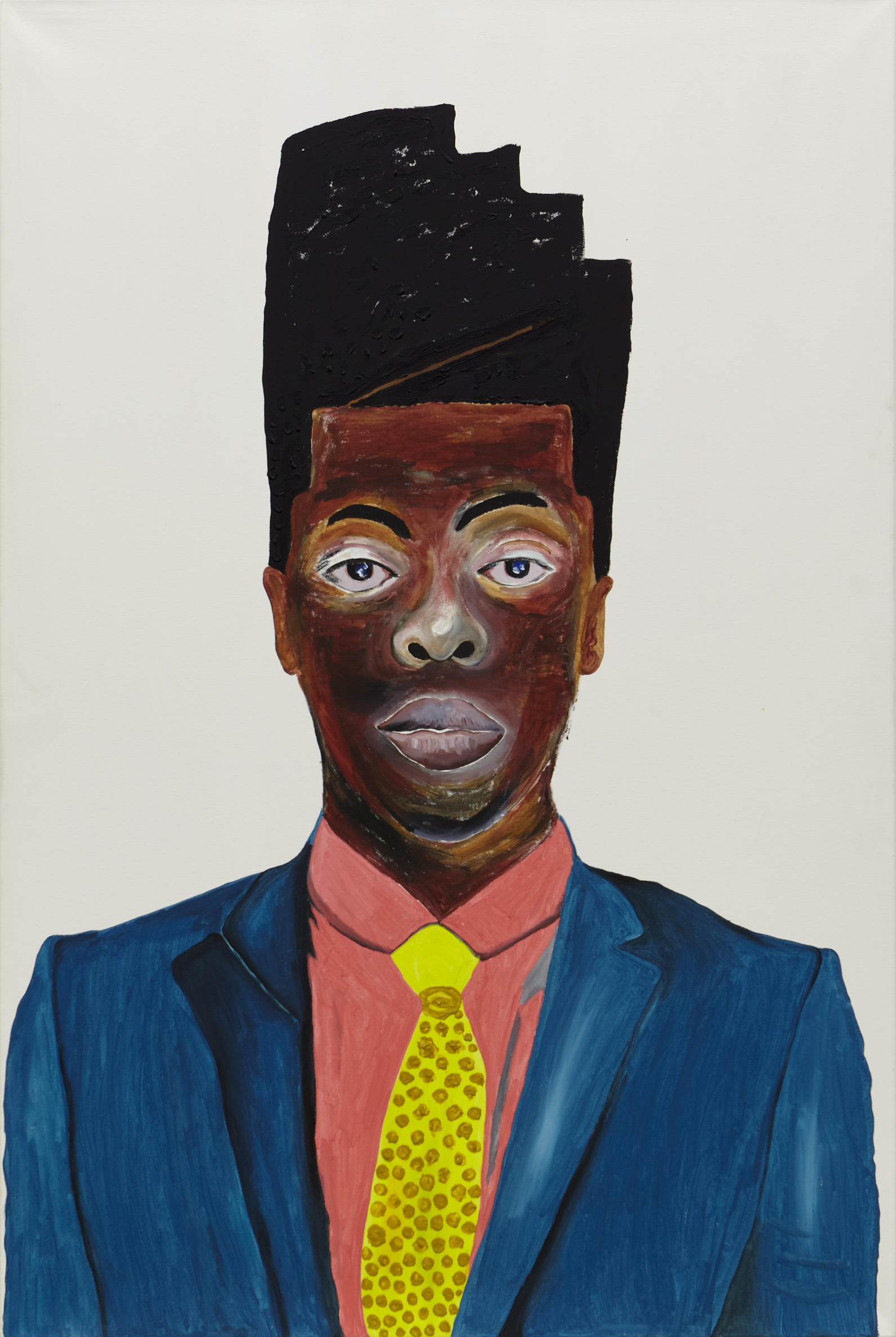
Being Muholi: Portraits as Resistance Gallery Guide
On View in the Hostetter Gallery
Sir Zanele Muholi, who uses they/them/their pronouns*, is a visual activist and internationally renowned photographer, whose creative outputs are in service to Black women and the LGBTQIA+ communities. Born in Durban, South Africa, Muholi embodies the spirit of ubuntu, a Nguni Bantu term meaning “our shared humanity” and expressed in Zulu as “I am because we are.” Their portraiture exists as a living visual archive to mine the gaps in the representation of Blackness and queerness with the intent to effect social change. Muholi’s practice is one of resistance to the canonical and constructed identities of Blackness and queerness enforced by colonialism, racism, xenophobia, homophobia, transphobia, sexism, and other pillars of white supremacy. Their belief that “another approach is possible” is as bold as Isabella Stewart Gardner’s vision was to move beyond societal expectations and traditions to create the world she wanted to see and share.
Being Muholi: Portraits as Resistance is an invitation to see the world Muholi seeks to share. It is the first museum exhibition in the United States to present their black-and-white photography with their new color-laden paintings. Unable to travel abroad during the pandemic, Muholi embraced stillness and focused on painting, reimagining their likeness on canvas. In this artistic expansion, their visual activism persists, confronting issues of identity politics, self-representation, and Black queer visibility, with colorful expressions of portraiture. Rarely seen self-portraits from the artist’s ongoing, critically acclaimed series Somnyama Ngonyama, Hail the Dark Lioness convey a sense of vulnerability and intimacy, speaking to more subversive portrayals of resistance. Selections from Brave Beauties featuring portraits of Muholi’s chosen family in South Africa and poetic responses penned by Boston Poet Laureate and 2021 artist-in-residence Porsha Olayiwola provide a glimpse of the autonomy and agency Muholi’s artistry inspires.
Sir Zanele Muholi makes space for Black and queer people to simply BE.
*Muholi uses they/them/their pronouns both to challenge the oppositional gender pronouns of “he” and “she,” and to acknowledge oneness with their ancestral and living communities.
Learn about the terms used in the exhibition in our online glossary. Resources for the LGBTQIA+ community, their allies, and all those who wish to learn more are available.
ABOUT THE ARTIST
Sir Zanele Muholi, who uses them/they/their pronouns, is a Durban, South African–born visual activist who embodies the spirit of ubuntu, a Nguni Bantu term meaning “our shared humanity” and expressed in Zulu as “I am because you are.” Their portraiture exists as a living visual archive to mine the gaps in the representation of Blackness and queerness with the intent to effect social change. This selection is an intimate look at the quiet strength and vulnerability of Muholi’s private identity that sustains their public persona. Several of these evocative self-portraits were made during Muholi’s 2019 residency at the Gardner Museum.
Muholi insists on the use of isiZulu nomenclature of their work as an extension of that representation, asserting, reclaiming, and celebrating their cultural identity. Using artifacts and found objects, they poetically and carefully articulate canonical aesthetics and identity politics through photography. In painting, they use texture and color to communicate the liminality and possibility of Blackness beyond otherness.
My role models are women, who make ends meet, survive and nurture others under difficult circumstances regardless of traumas or harsh experiences they face on a daily basis.
Muholi projects a wide range of characters and personas in their self-portraiture. These three portraits from Somnyama Ngonyama, Hail the Dark Lioness are a symbolic tribute to the resilience, courage, and strength of Bester Muholi (1936–2009), the artist’s mother, a dedicated parent who tirelessly supported her family as a domestic worker. The coiffed crowns of clothes-pins and scouring pads celebrate and elevate often-invisible daily chores and manual labor. The proud portraits acknowledge the resilience of all mothers, ascendant ancestors, and all those who have come before and have persevered as pillars of our humanity.
Making the queer community visible in South Africa is a political act. With boldness, beauty, and honesty Muholi brings queer lives to light. The four portraits from the Brave Beauties series offer voice and visibility to LGBTQIA+ people in South Africa. These images are part of Muholi’s archival work that serve the important function of documenting queer beauty and existence.
I’m reclaiming my Blackness, which I feel is continuously performed by the privileged other. My reality is that I do not mimic being Black; it is my skin, and the experience of being Black is deeply entrenched in me. Just like our ancestors, we live as Black people 365 days a year, and we should speak without fear.
In isiZulu, the word “bona” means “see” or “look.” By returning their gaze in the mirror, Muholi challenges perceptions and contests representations of Black women and queer people through their reflection. It’s important to note that Muholi does not paint their face or body black. In post-production, Muholi increases the contrast of their complexion to confront Eurocentric beauty standards and interrogate misogynoir—a unique prejudice against Black women. These images reflect the beauty Muholi and all Black LGBTQIA+ people see and have always seen in themselves.
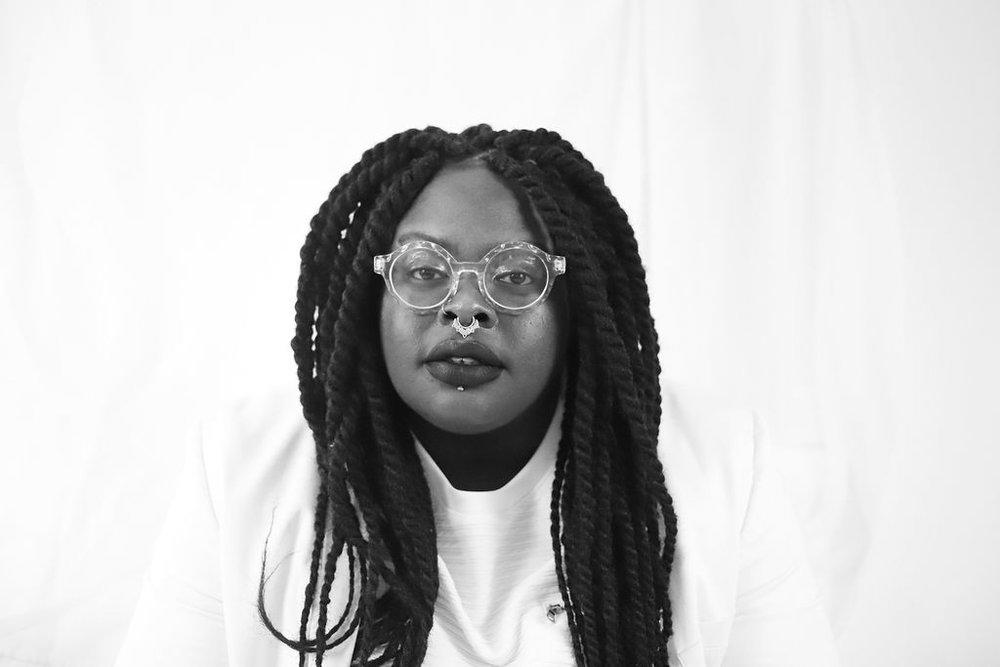
Porsha Olayiwola
Untitled, 2021
Poem in response to Thulile I, Delaware, 2016
LISTEN
About the Poet
Porsha Olayiwola is a writer, performer, educator, and curator who uses afro-futurism and surrealism to examine historical and current issues in the Black, woman, and queer diasporas. She is an Individual World Poetry Slam Champion, the artistic director at MassLEAP, and current poet laureate for the city of Boston. Learn More
We are in changing times, the world will have to start afresh…
The COVID-19 pandemic continues to highlight the egregious imbalances of a system rooted in capitalism, consumerism, and classism. Muholi uses socially, culturally, and politically charged artifacts and found objects to question global economies, environmental injustices, and labor inequities. The works featured were made before and during quarantine, envisaging and layering the future, present, and past. The latex gloves were initially used to address themes of domestic servitude while simultaneously alluding to sexual politics, violence, and the often-suffocating prisms of gendered identity. In the context of COVID-19, they also address lack of access to necessities that became scarce in the midst of pandemic demand. A crown of chopsticks becomes commentary on the luxury of ordering takeout meals and the waste that creates. A mane of luggage wrap still evokes challenges associated with travel due to race, ethnicity, and gender, and, now, COVID-19 restrictions.
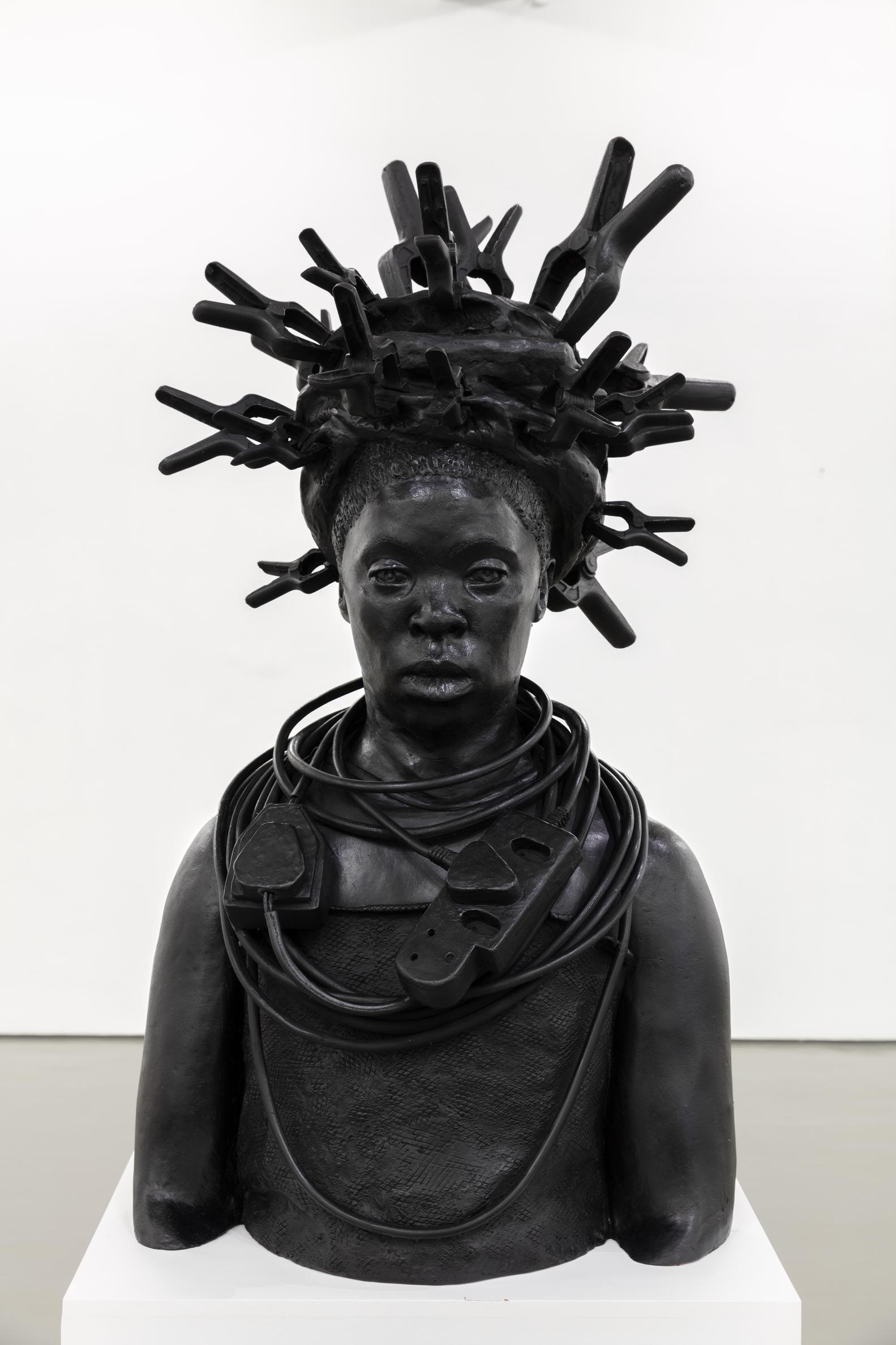
Muholi, 2021
Bronze, Edition of 3 + AP
Private collection, Boston
This almost four-foot-high black-colored bronze sculpture is a self-presentation of the artist from their elbows up. They stand upright with their shoulders slightly rounded and arms hanging down close to the sides of their body. Their hair is pulled tightly back from their forehead and is covered by a cap and clamps of different sizes that extend outwards in many directions. They have a low forehead and well-defined eyes, nose, and full lips that are gently closed. They stare straight ahead and their expression is solemn. Both ears are flush to the side of their head. Jumper cables and extension cordswrap loosely around their neck, shoulders and chest several times. A textile or top wraps around their chest and under their arms.
The political agenda behind my work is not yet fulfilled. Whether I’m working in photography or in painting, history and politics are present, so I have to continue to redirect, resist, and interrogate the act of looking.
Unable to travel due to the COVID-19 pandemic, Muholi used their time at home in South Africa to deepen their engagement with other mediums. Painting evolved as an extension of their artistry and activism. The amplified color and texture allows us to see a vibrant multiplicity of identities: mythological, personal, and historical. Shapeshifting through a multitude of archetypes, Muholi connects to a complexity of histories, gender expressions, and lived experiences. Through the fashioning of their hair, facial hair, posture, gaze, and clothing, Muholi offers iterations of themself that address gender constructs and roles, patriarchal practices, standards of beauty, and identity politics.
EXPLORE MORE

BEING MUHOLI: PORTRAITS AS RESISTANCE
Fenway Gallery | February 10, 2022 - May 8, 2022

BEING MUHOLI: PORTRAITS AS RESISTANCE
Anne H. Fitzpatrick Façade | February 10, 2022 - May 8, 2022

ARTIST-IN-RESIDENCE
Zanele Muholi

Future Archive
February 10, 2022 - May 8, 2022
Being Muholi: Portraits as Resistance is supported by the Abrams Foundation, the Ford Foundation and the Wagner Foundation. Additional support is provided by the Henry Luce Foundation. The Media Partner is WBUR.
The Artist-in-Residence program is directed by Pieranna Cavalchini, Tom and Lisa Blumenthal Curator of Contemporary Art, and is supported in part by the Barbara Lee Program Fund.
The Museum receives operating support from the Massachusetts Cultural Council, which is supported by the state of Massachusetts and the National Endowment for the Arts.
